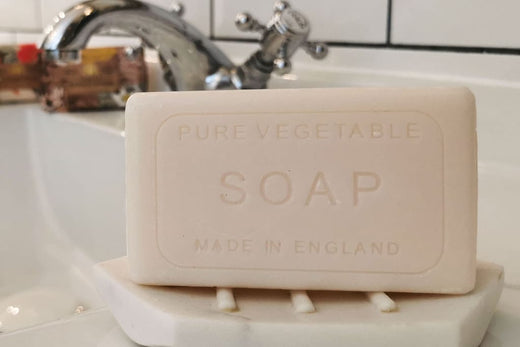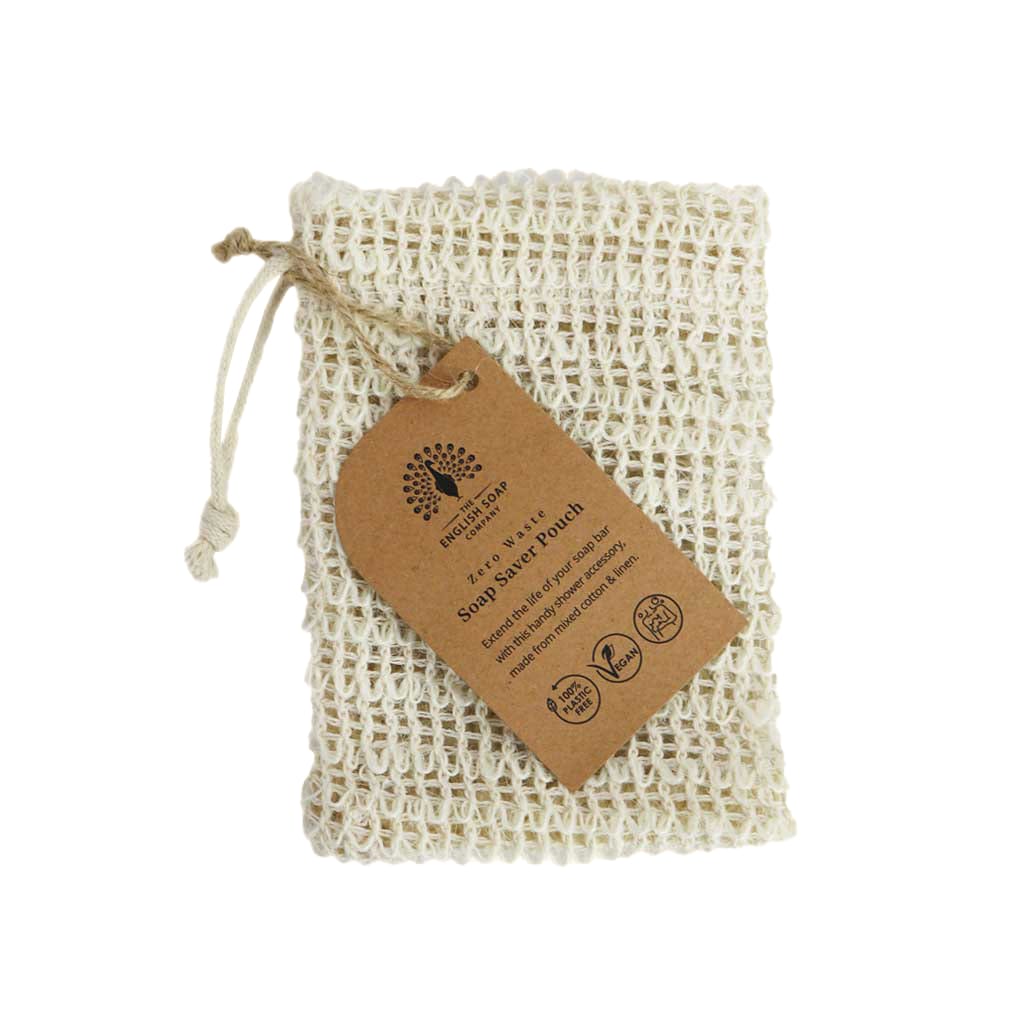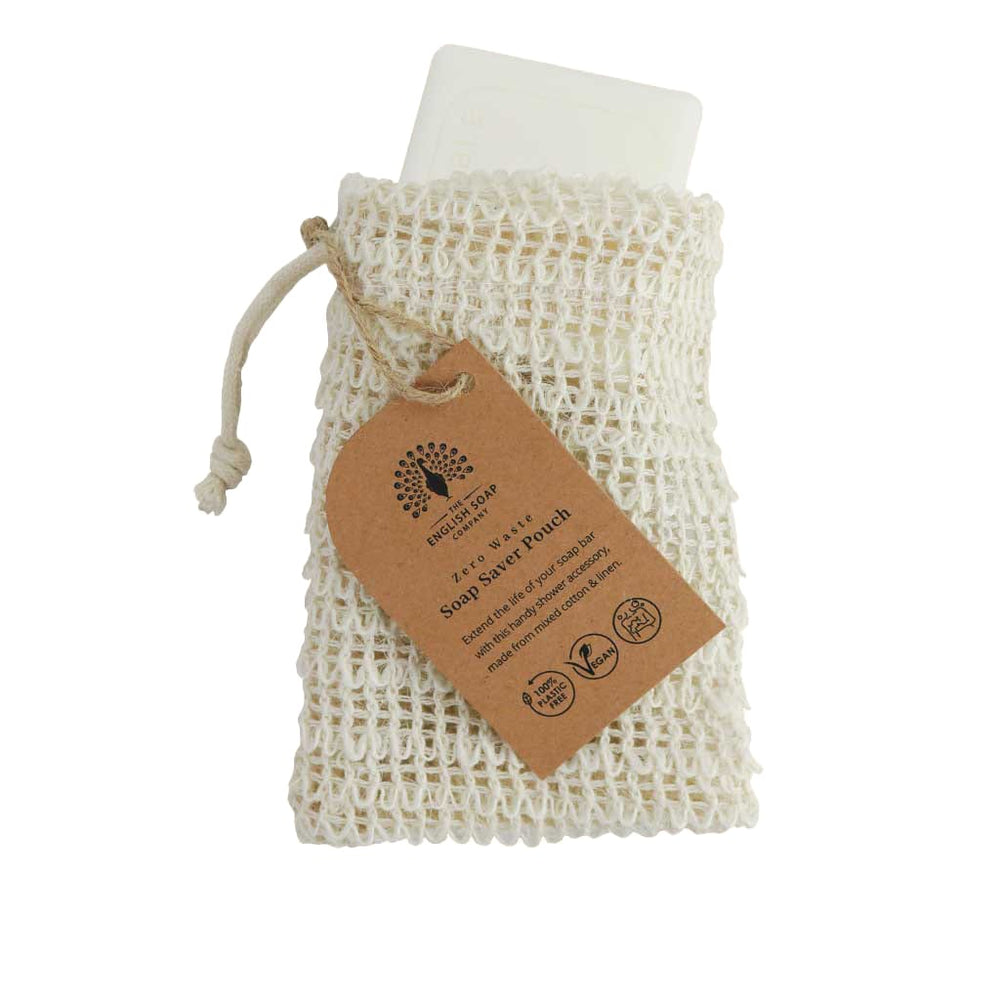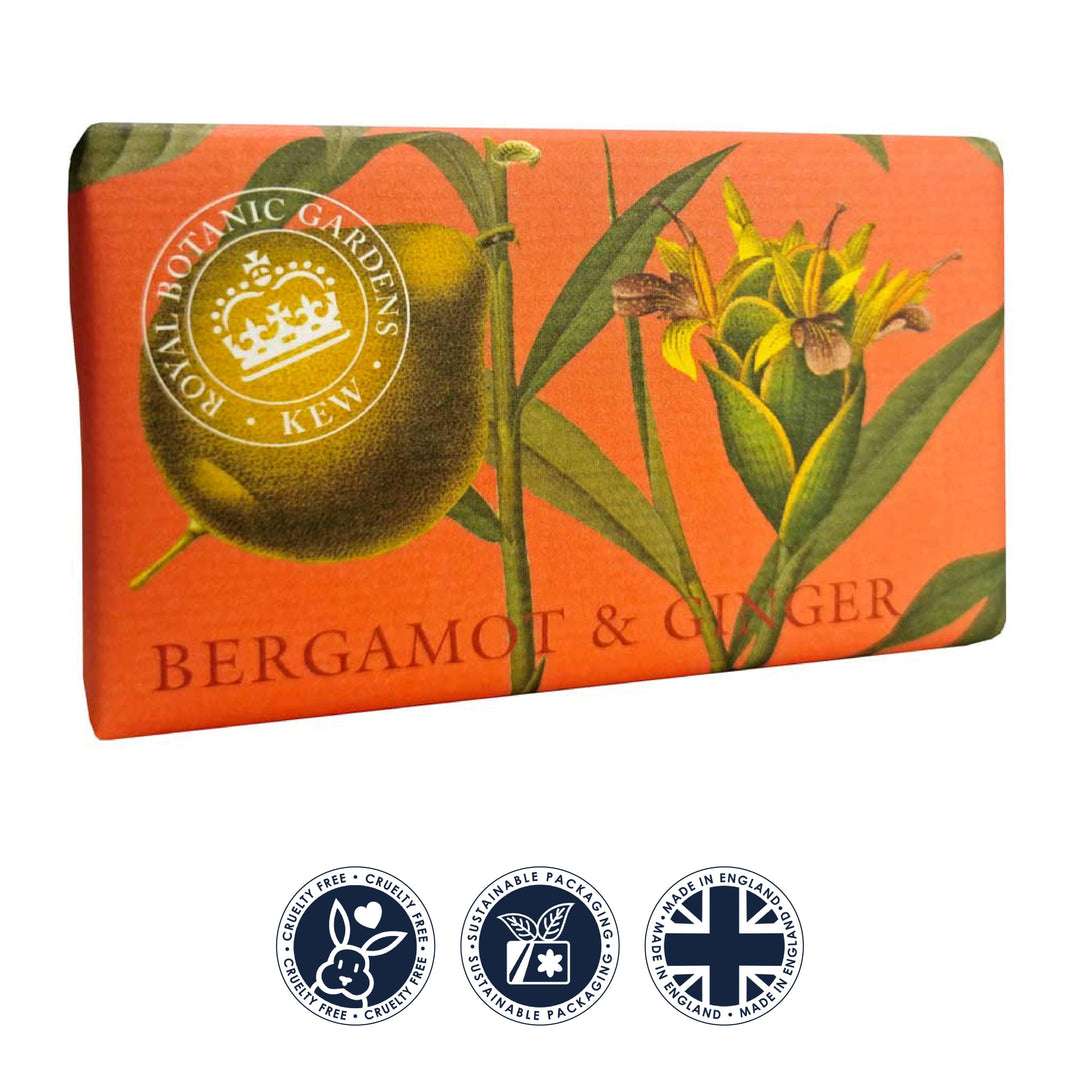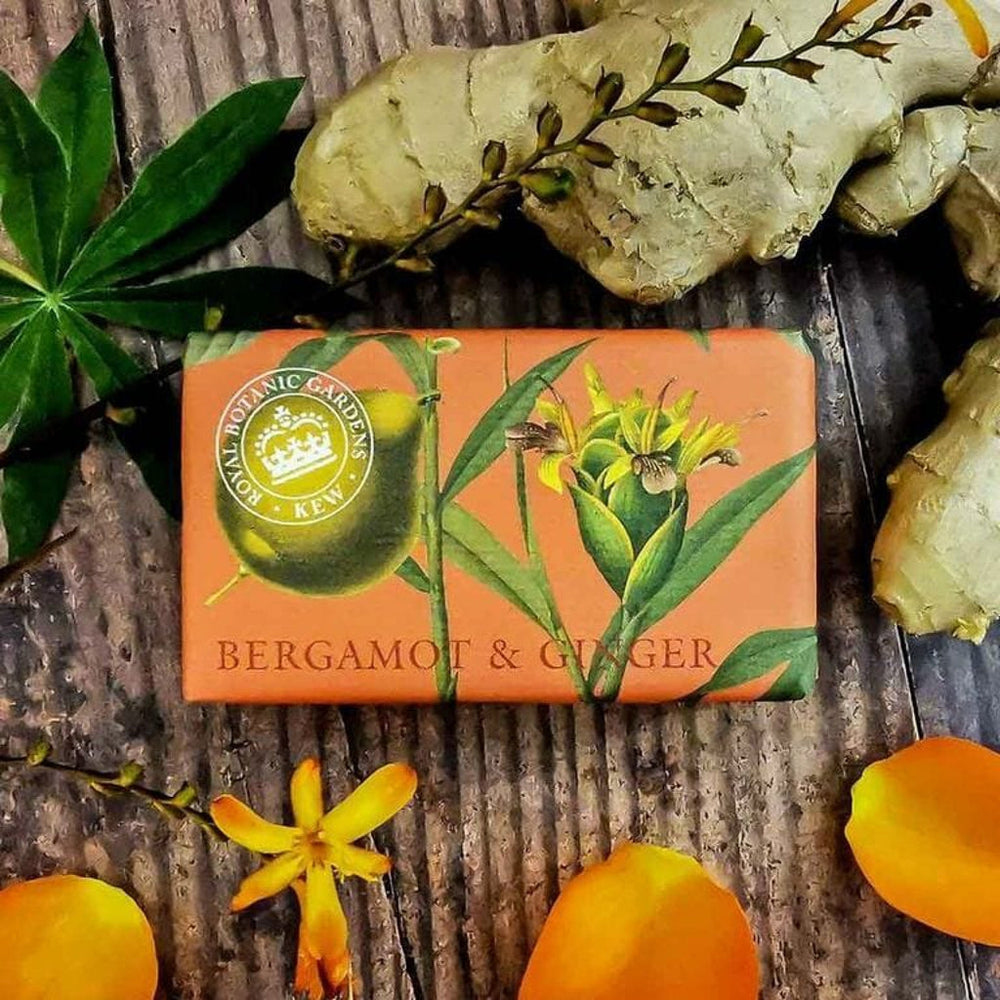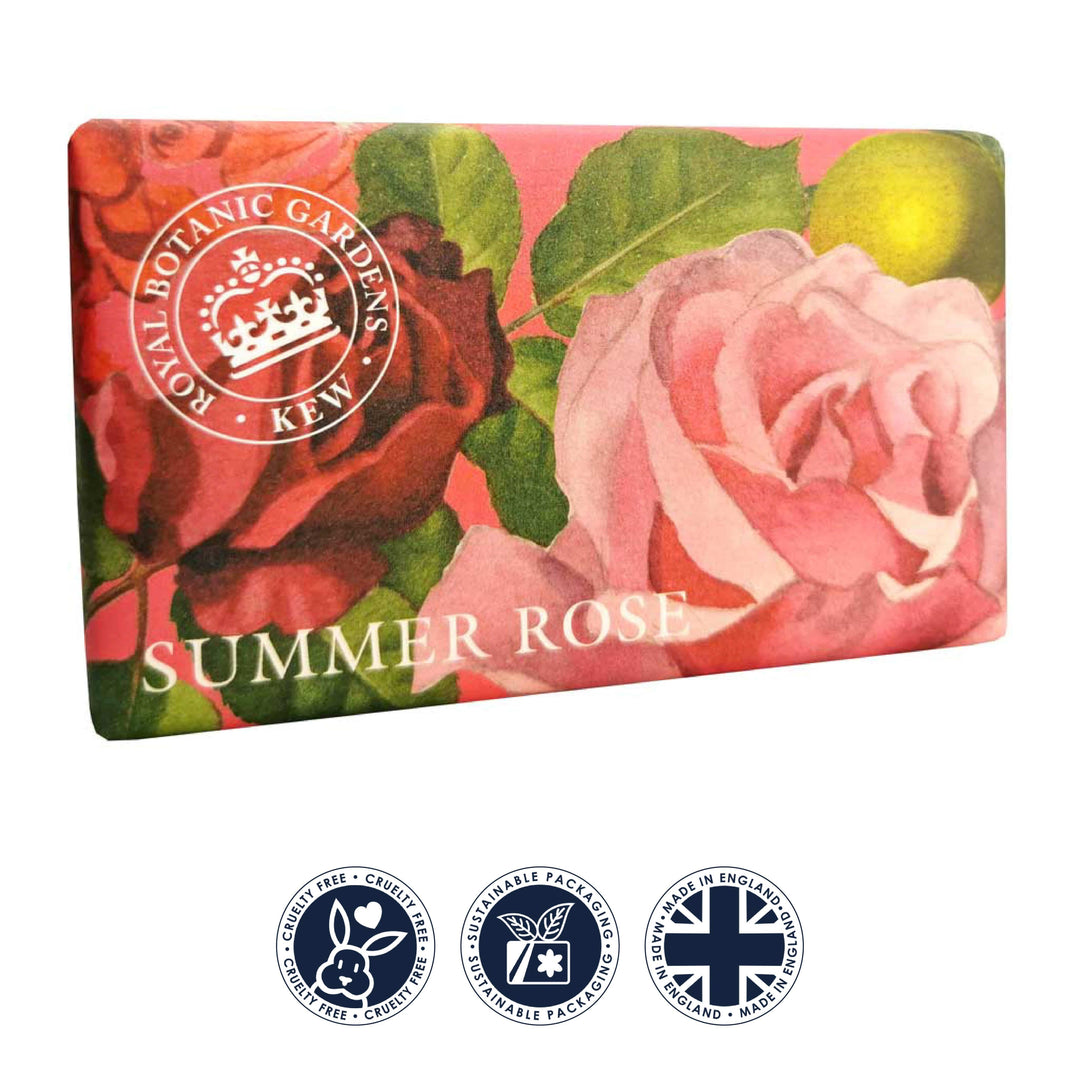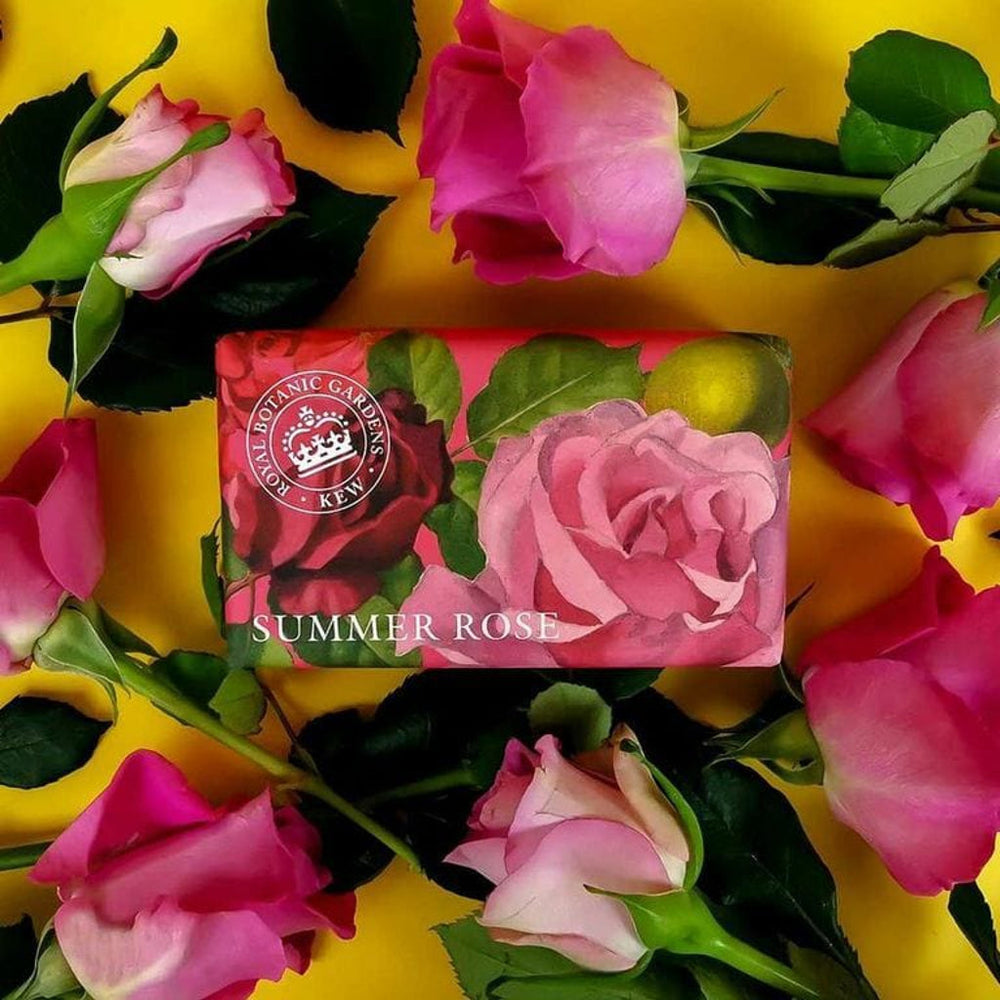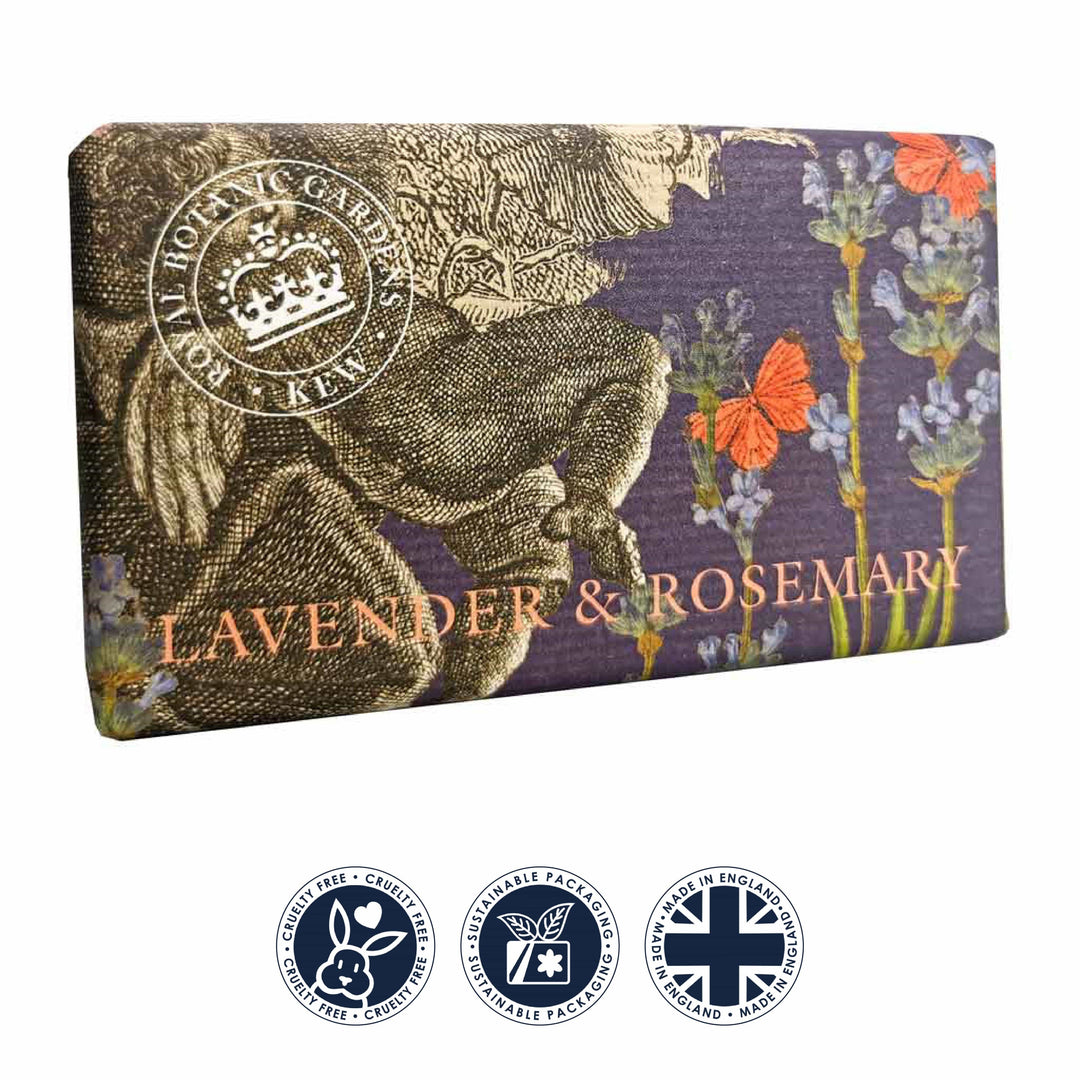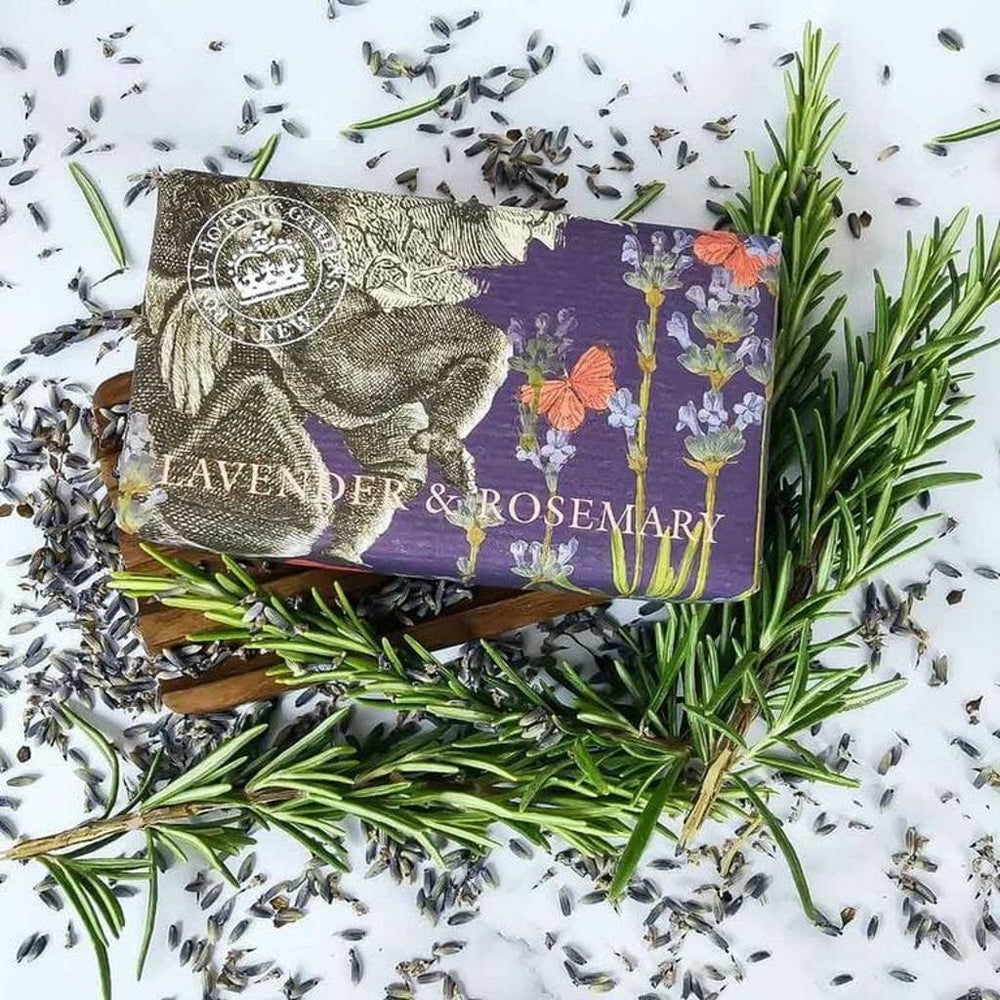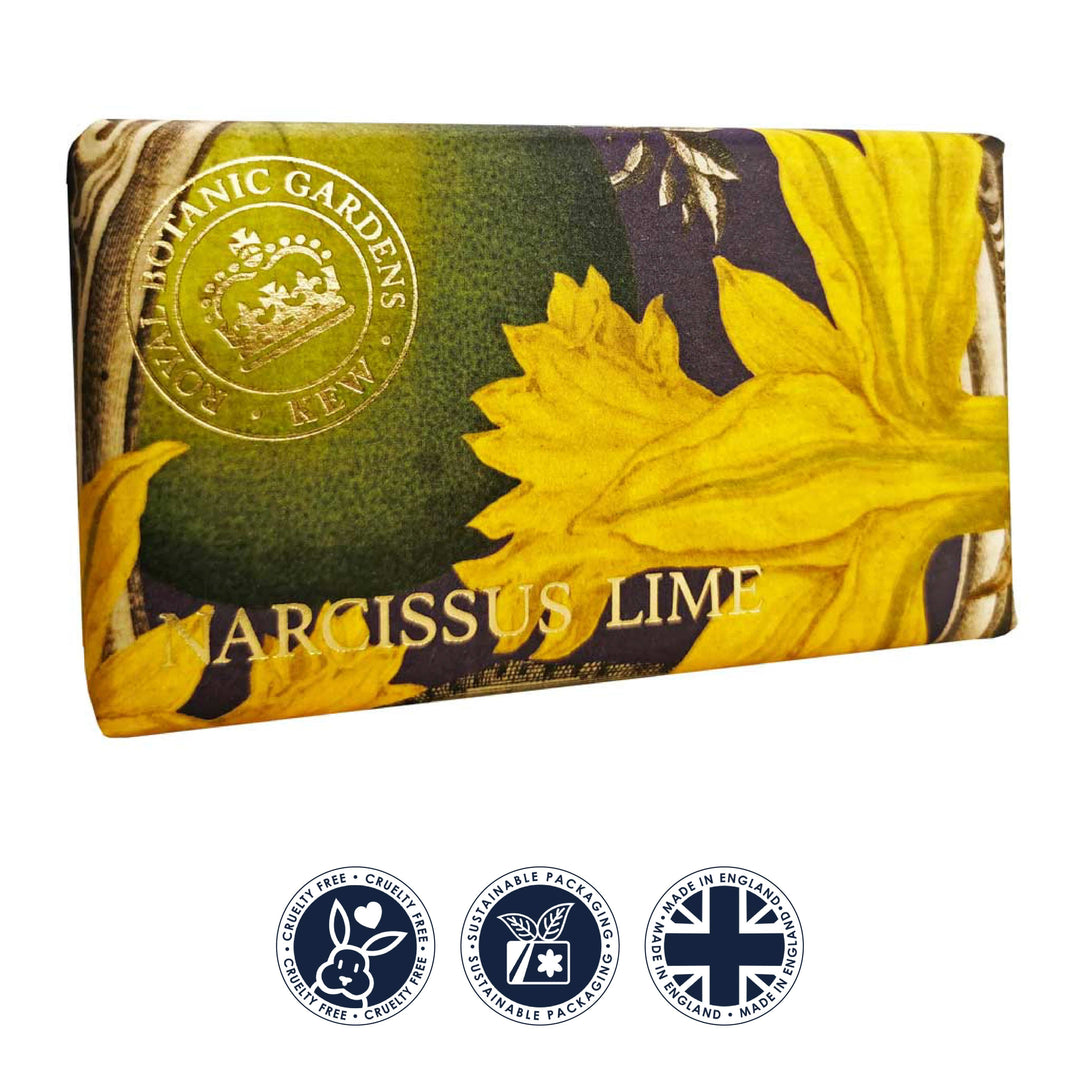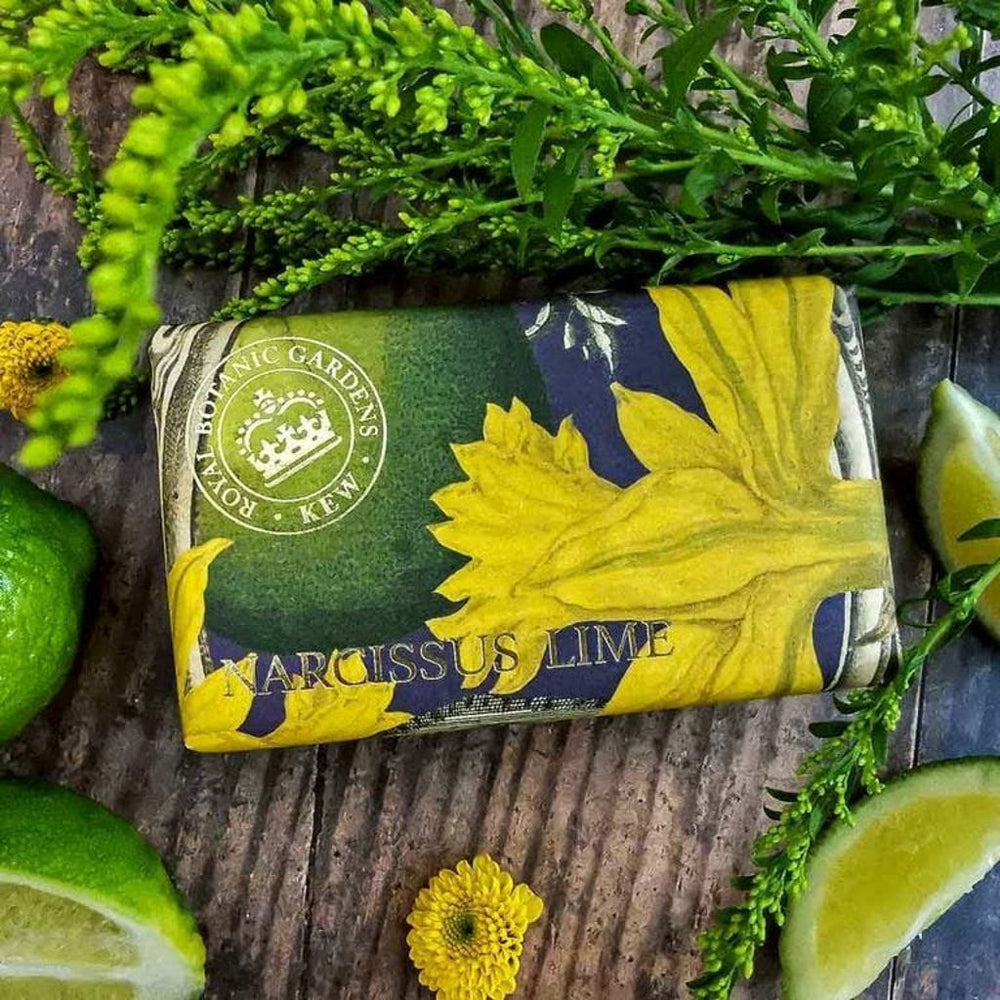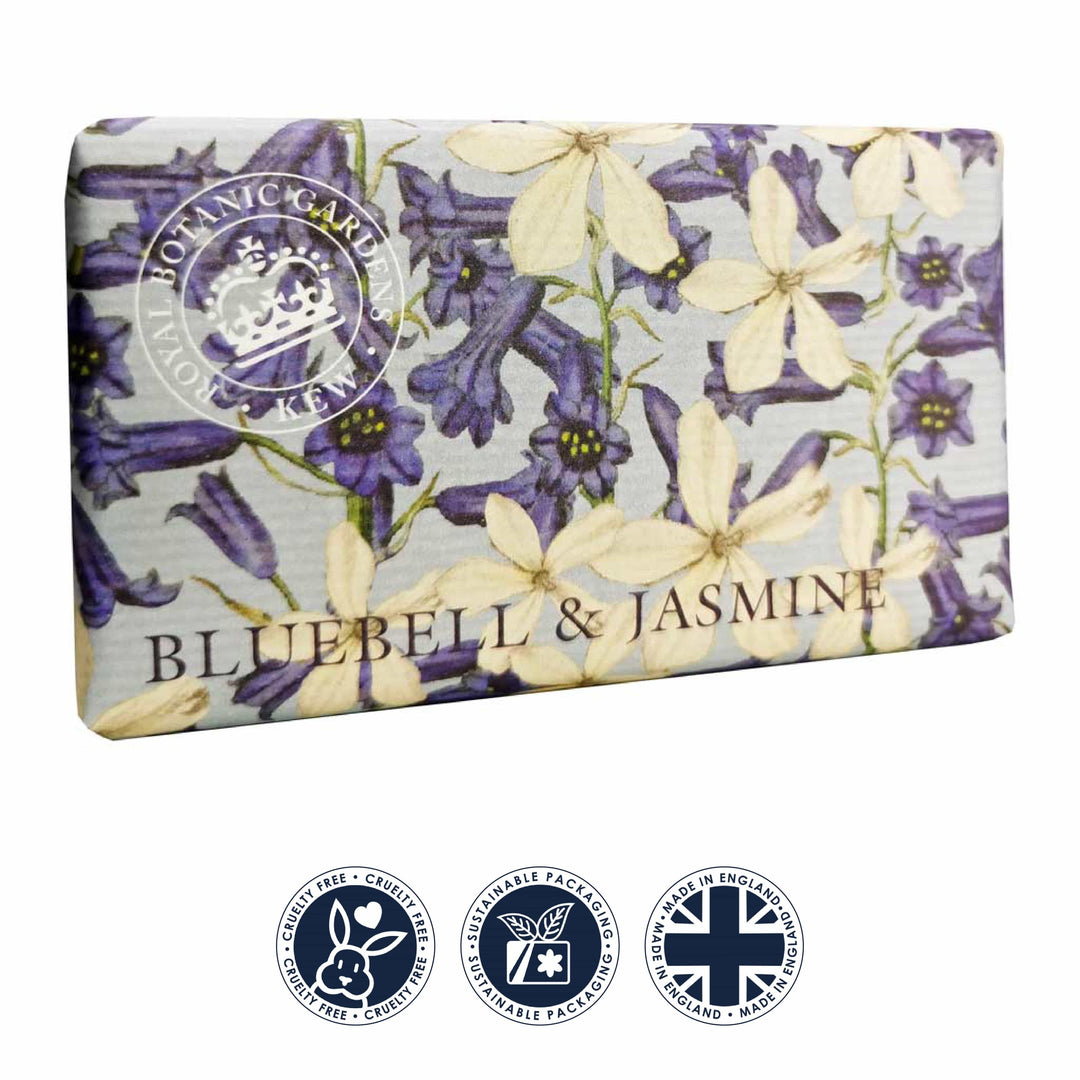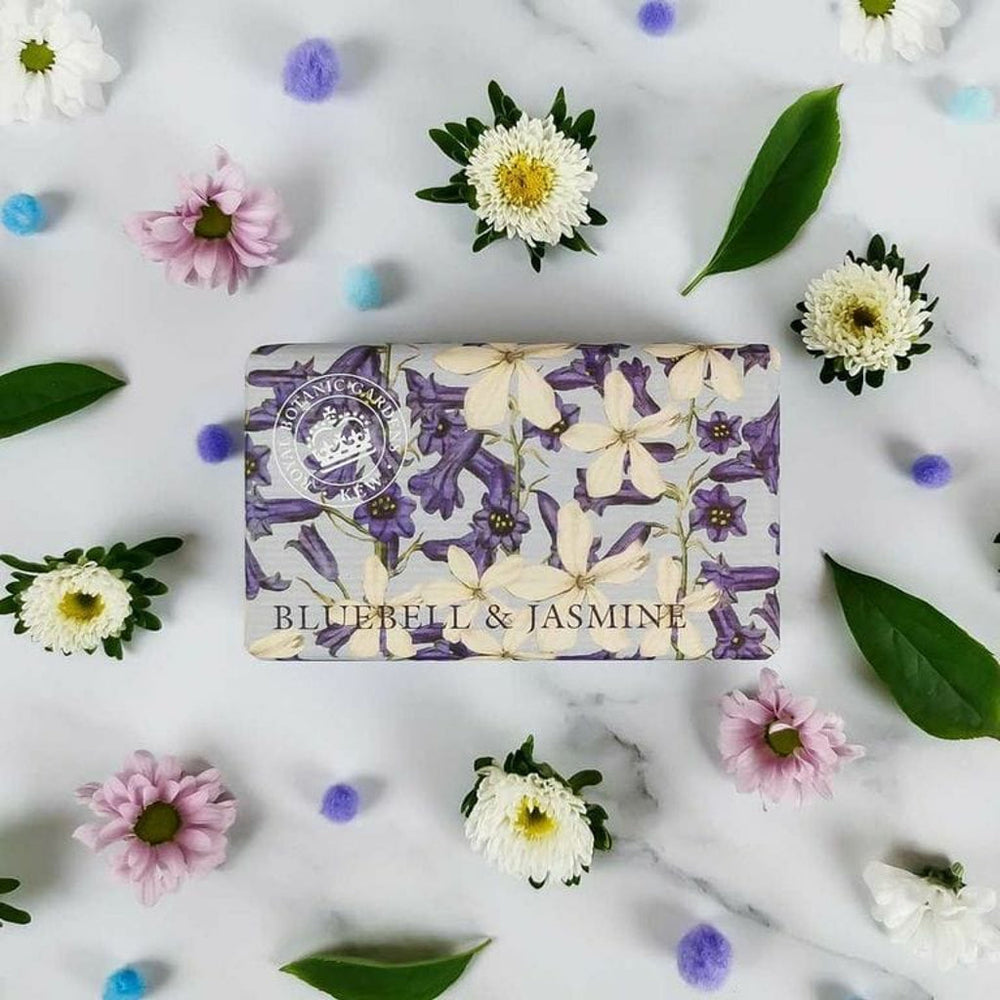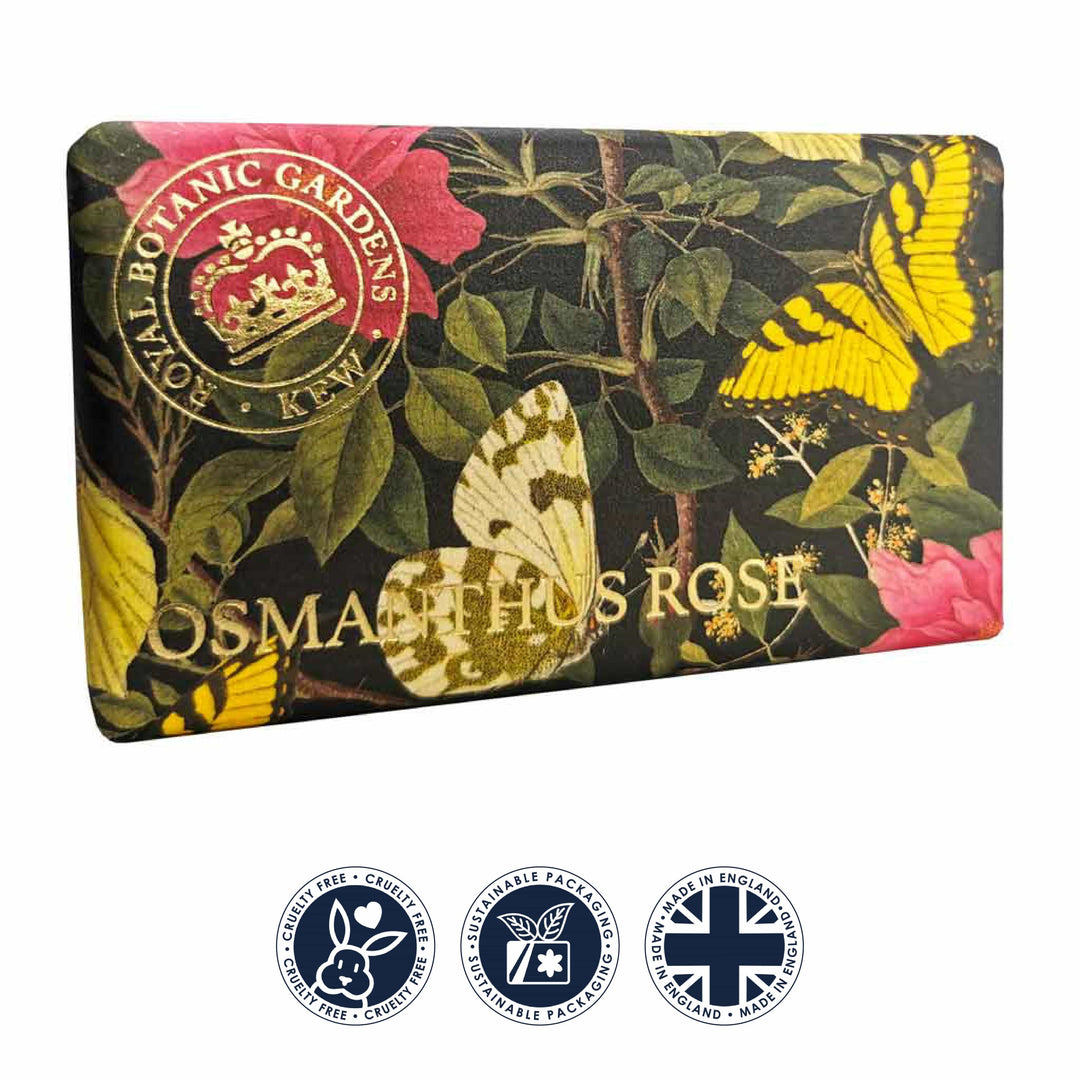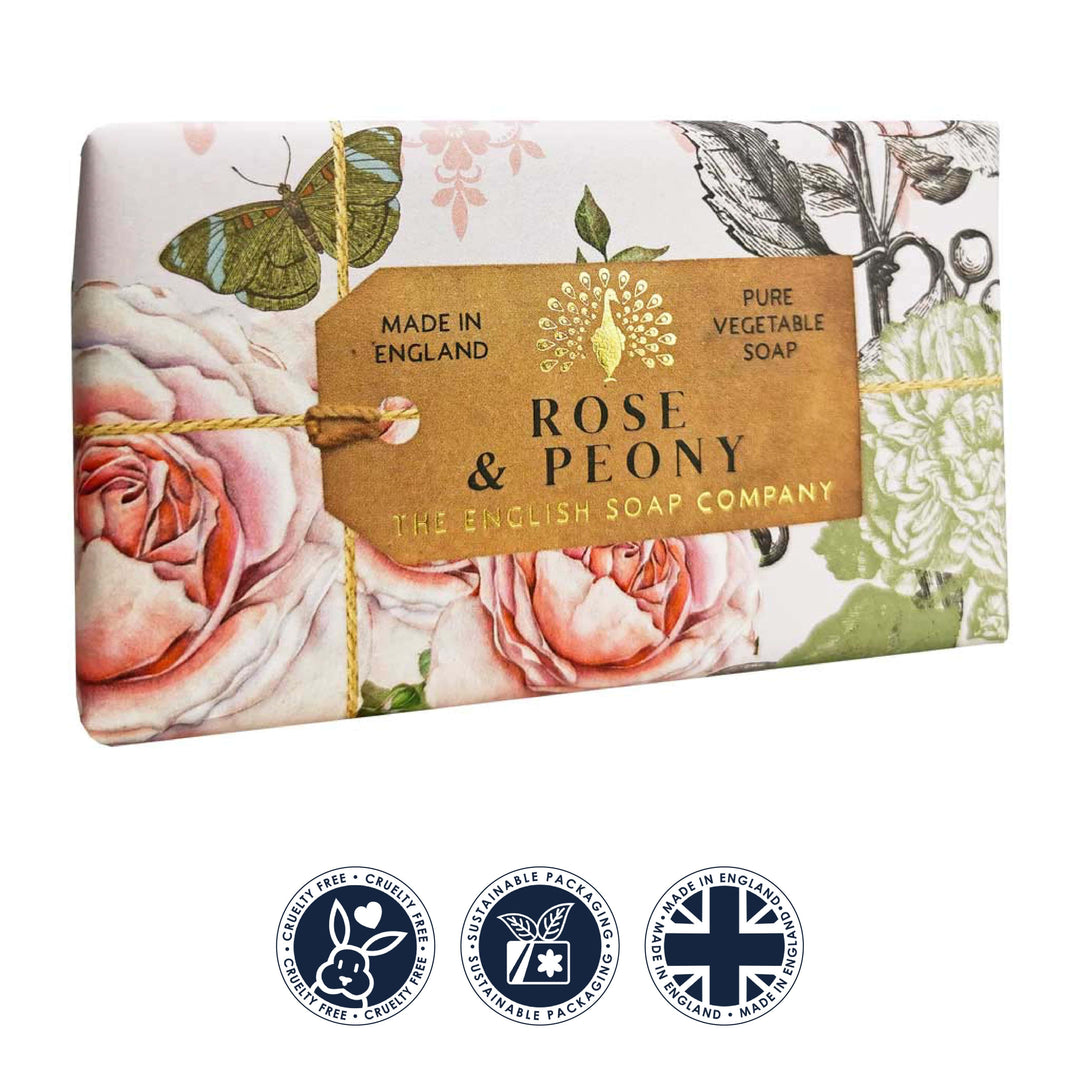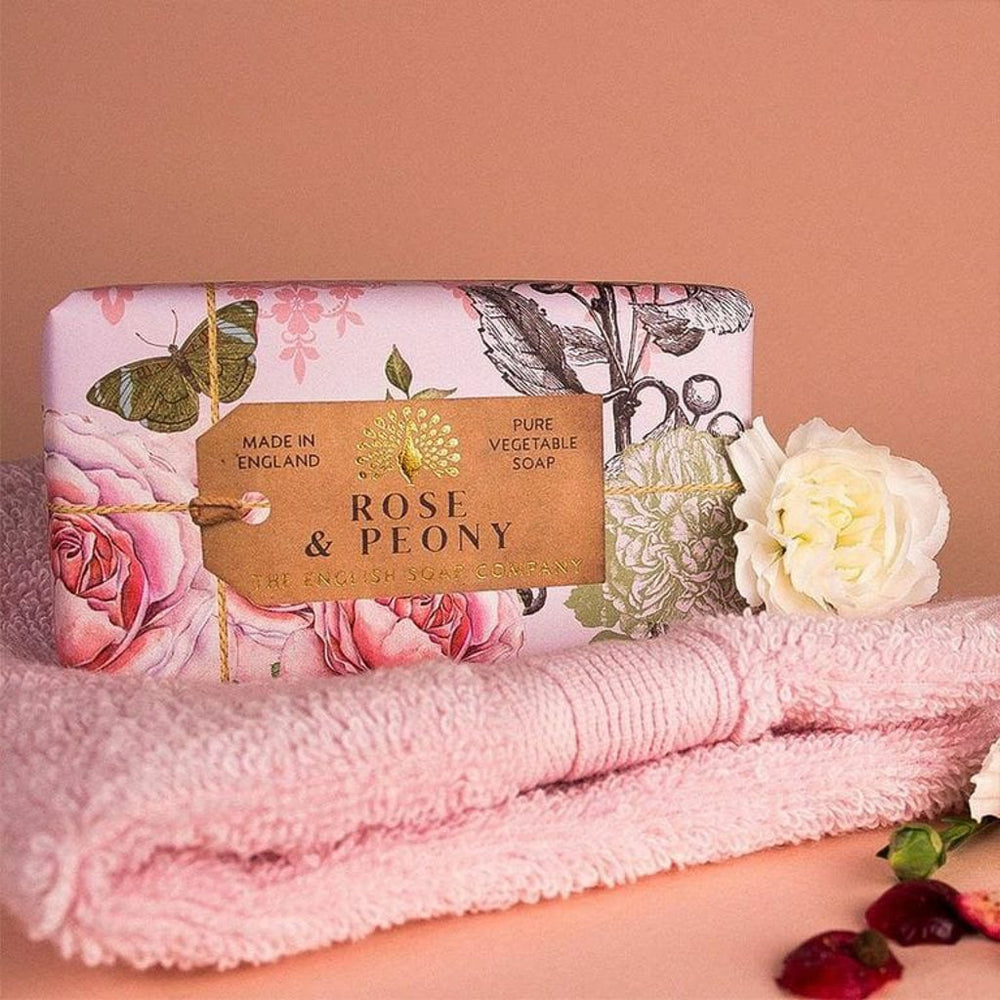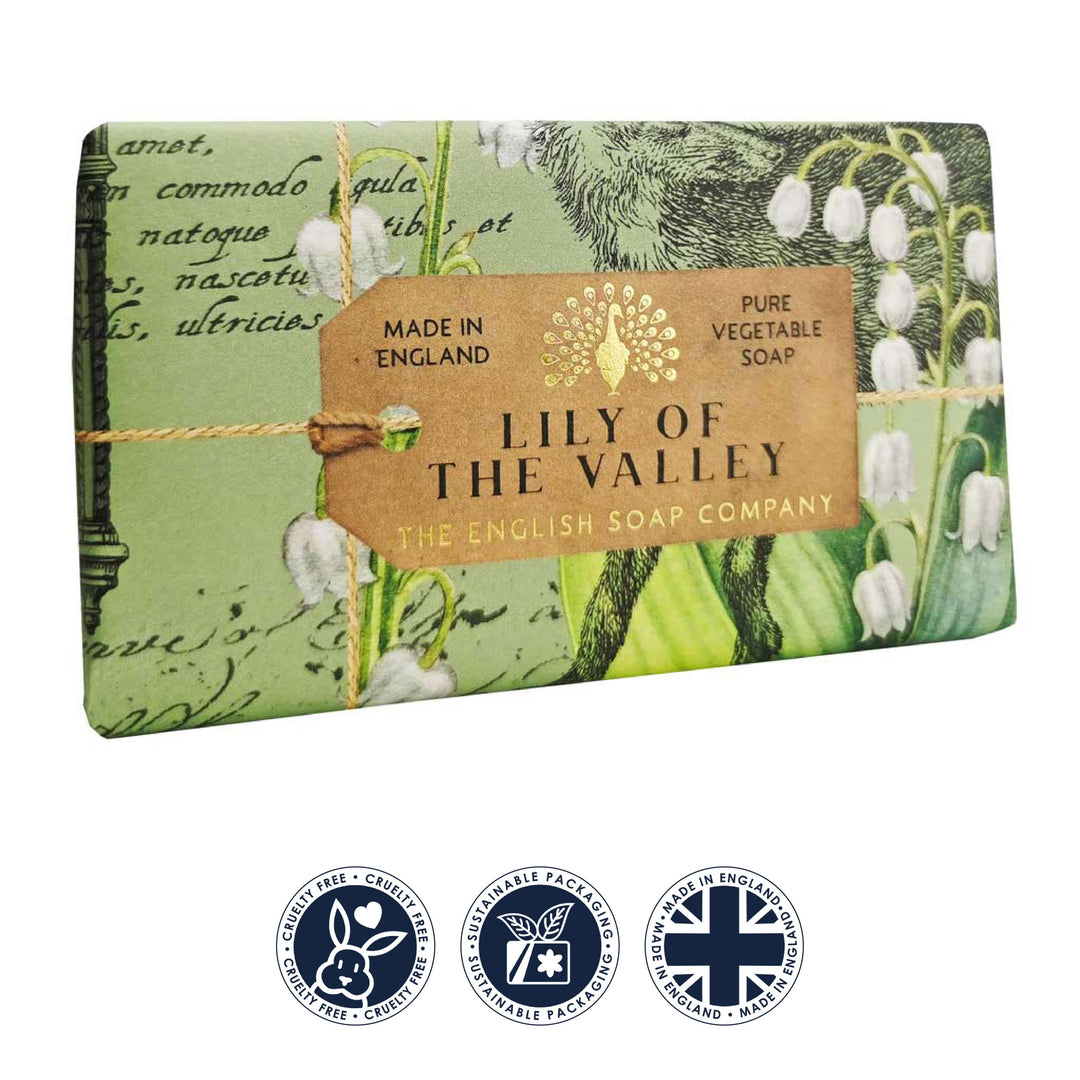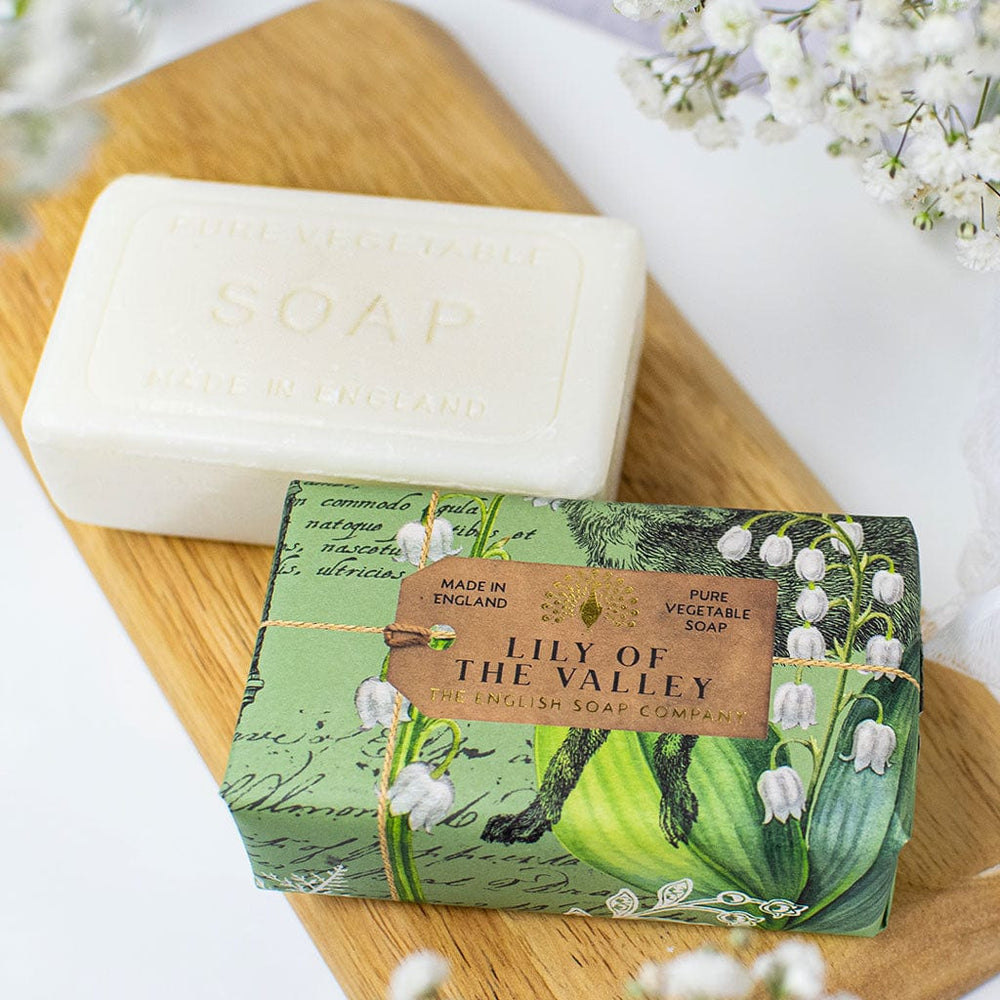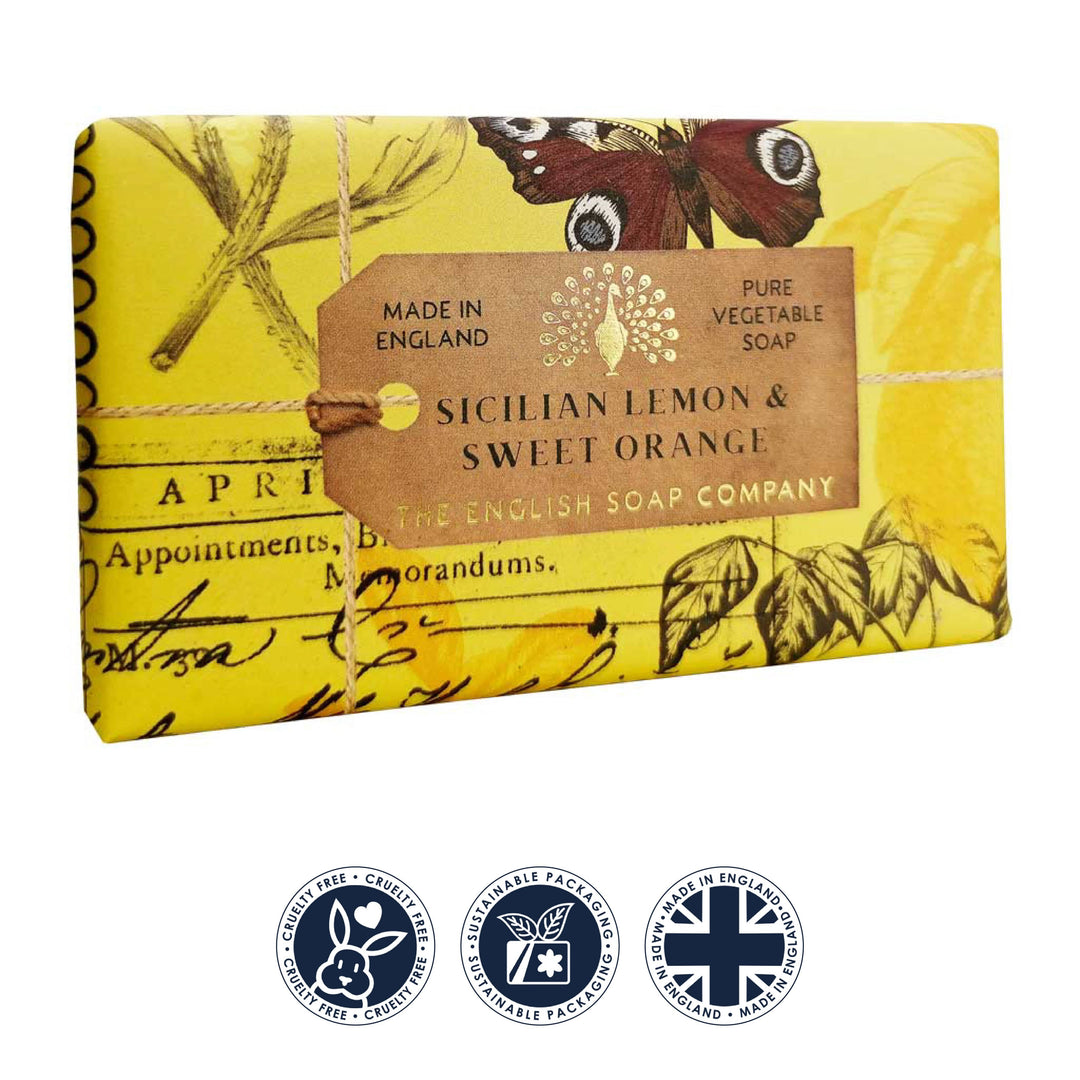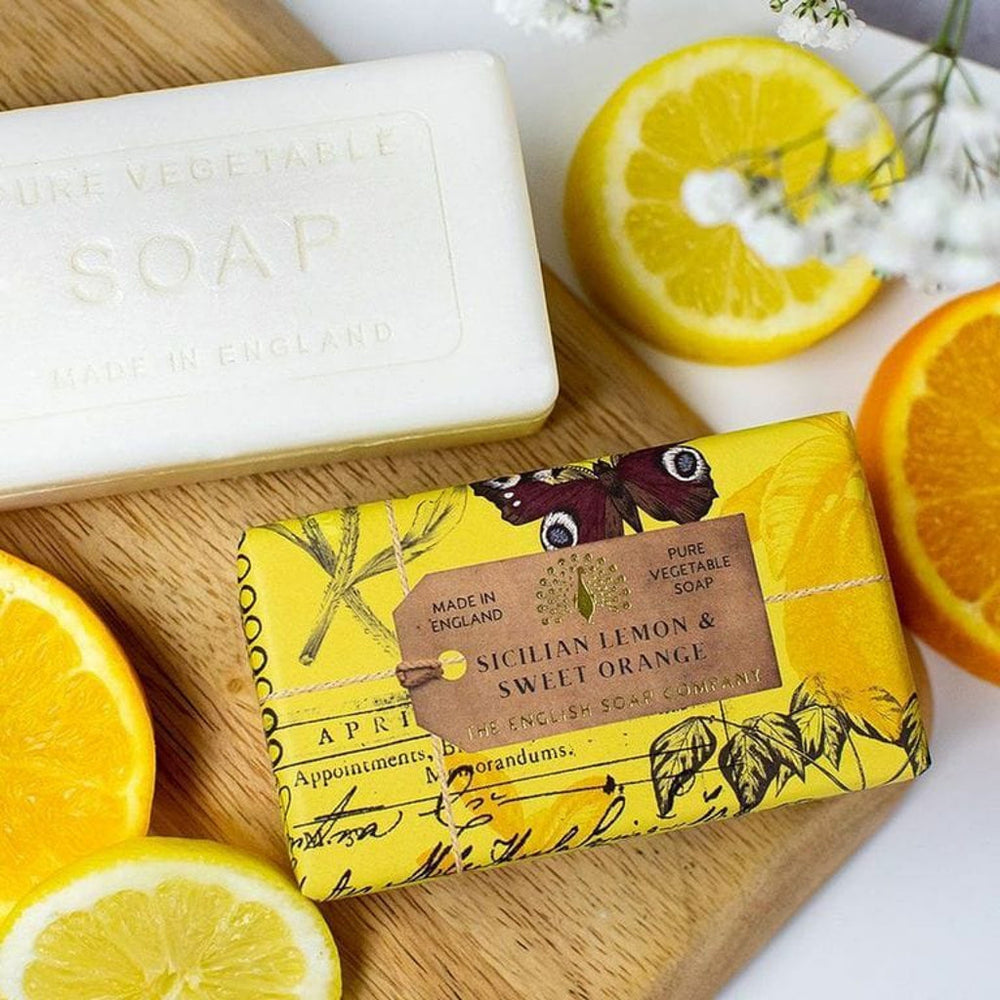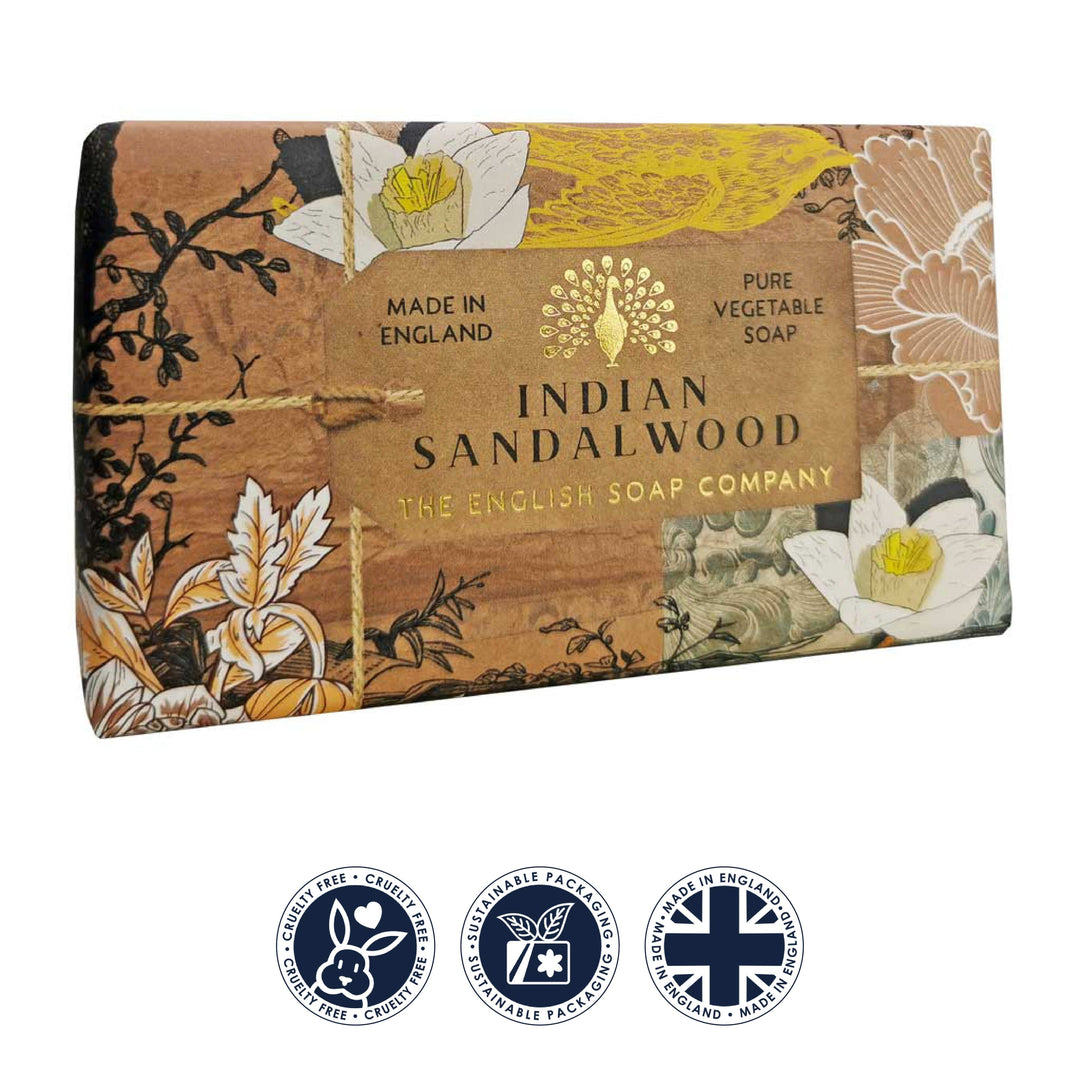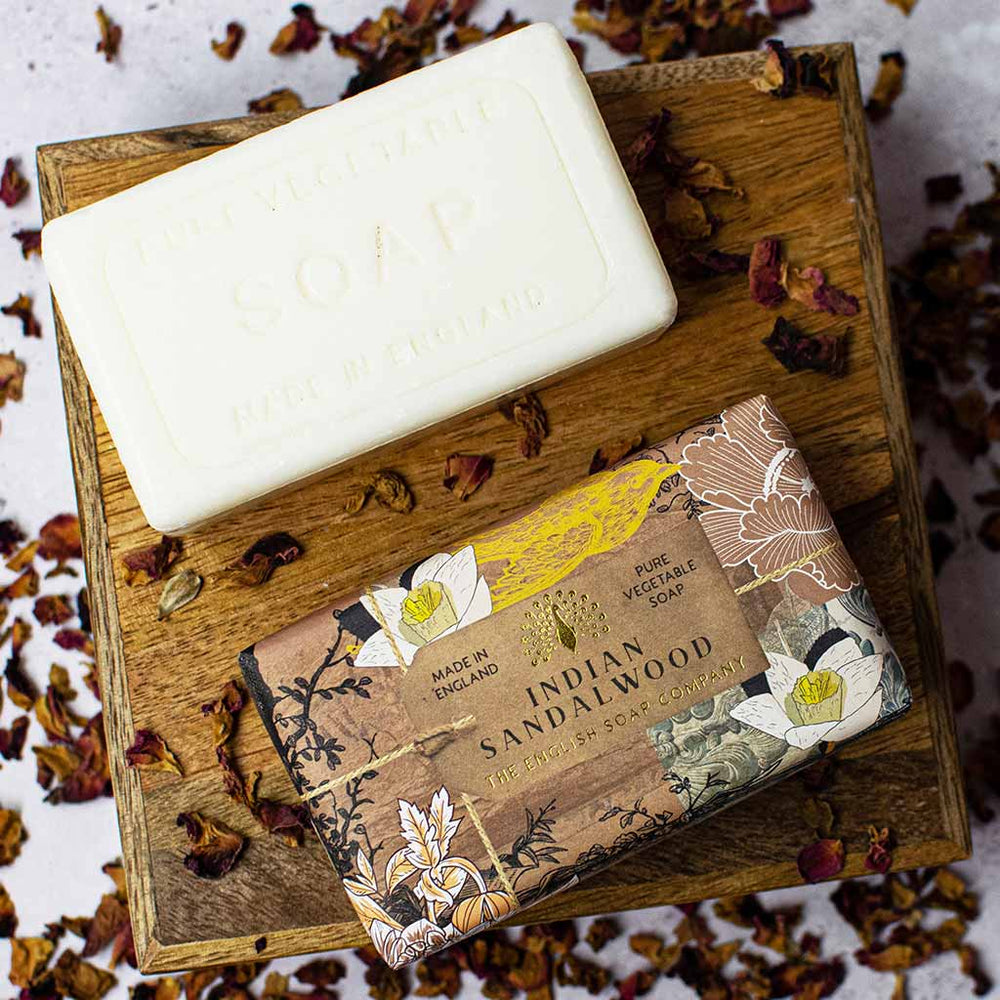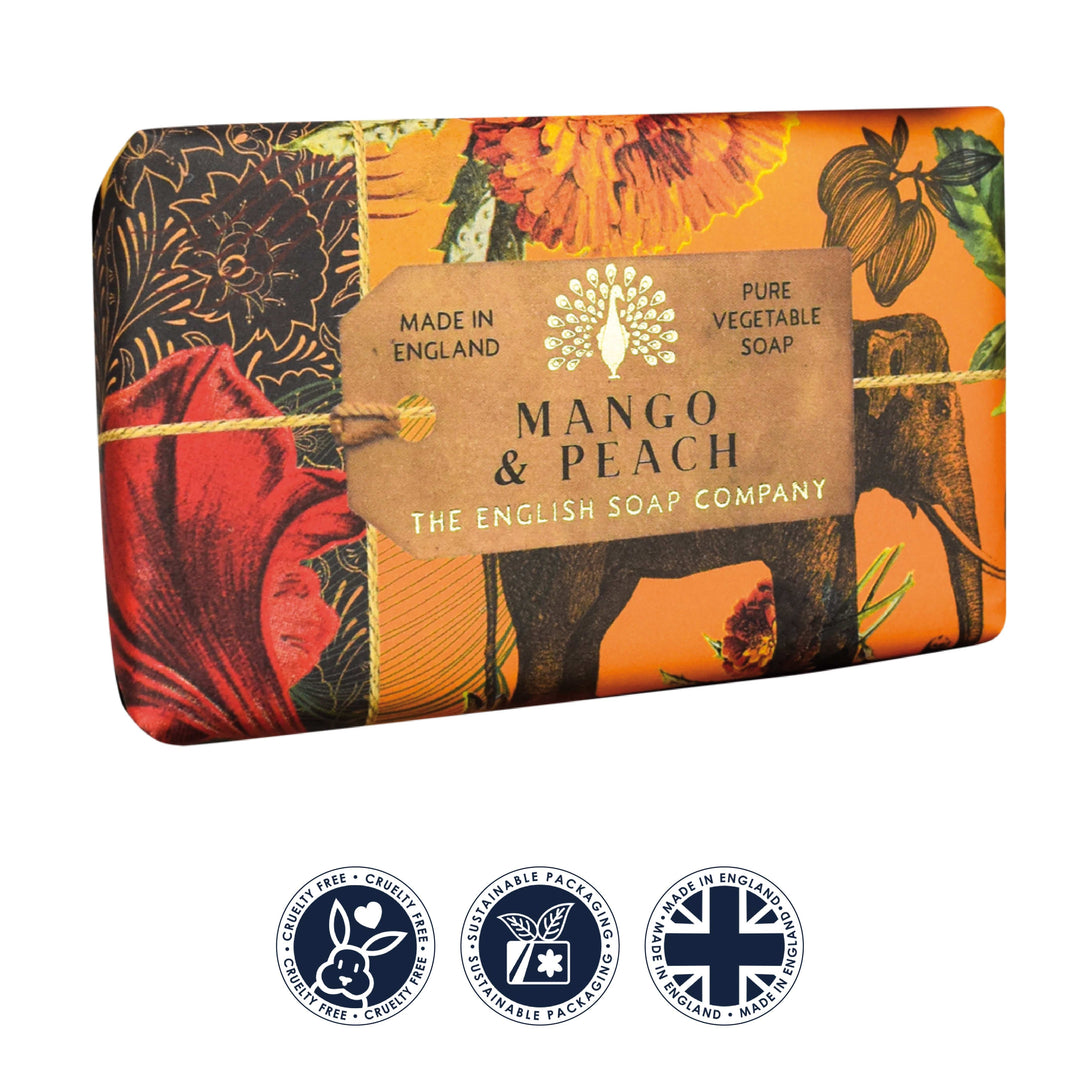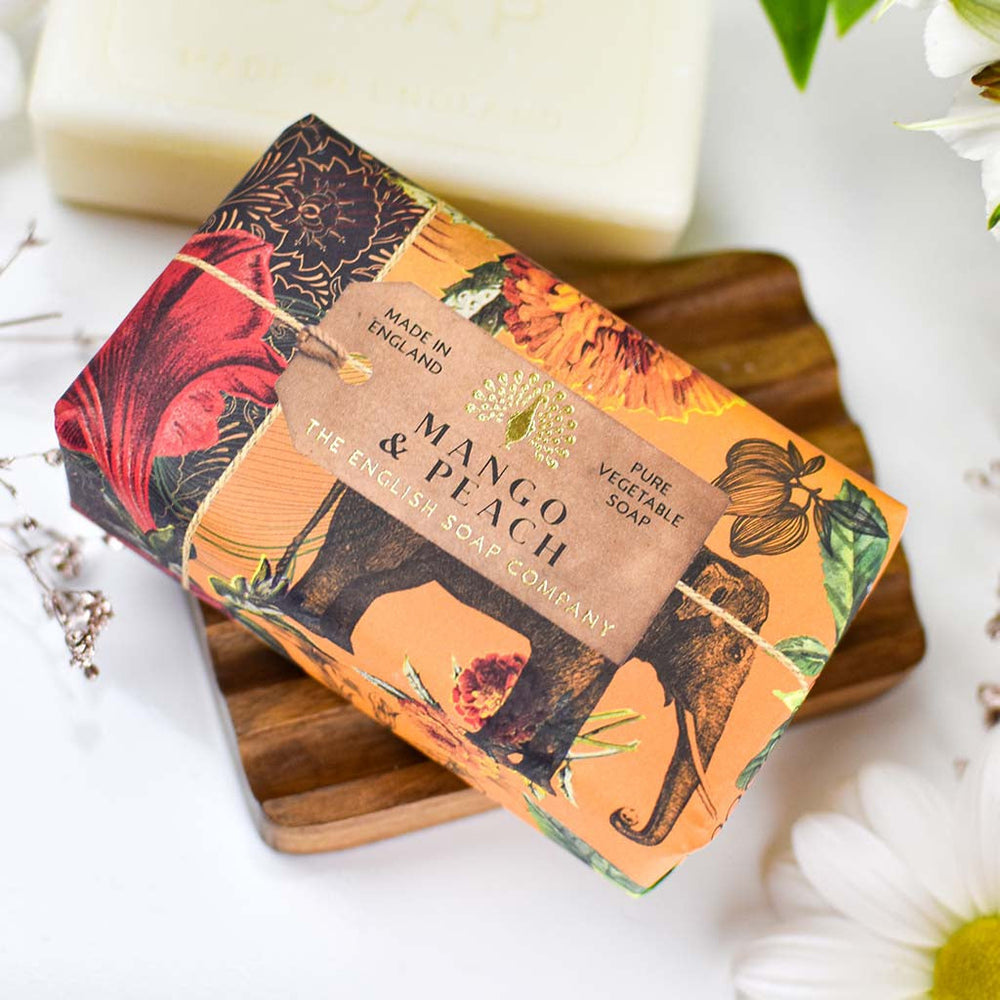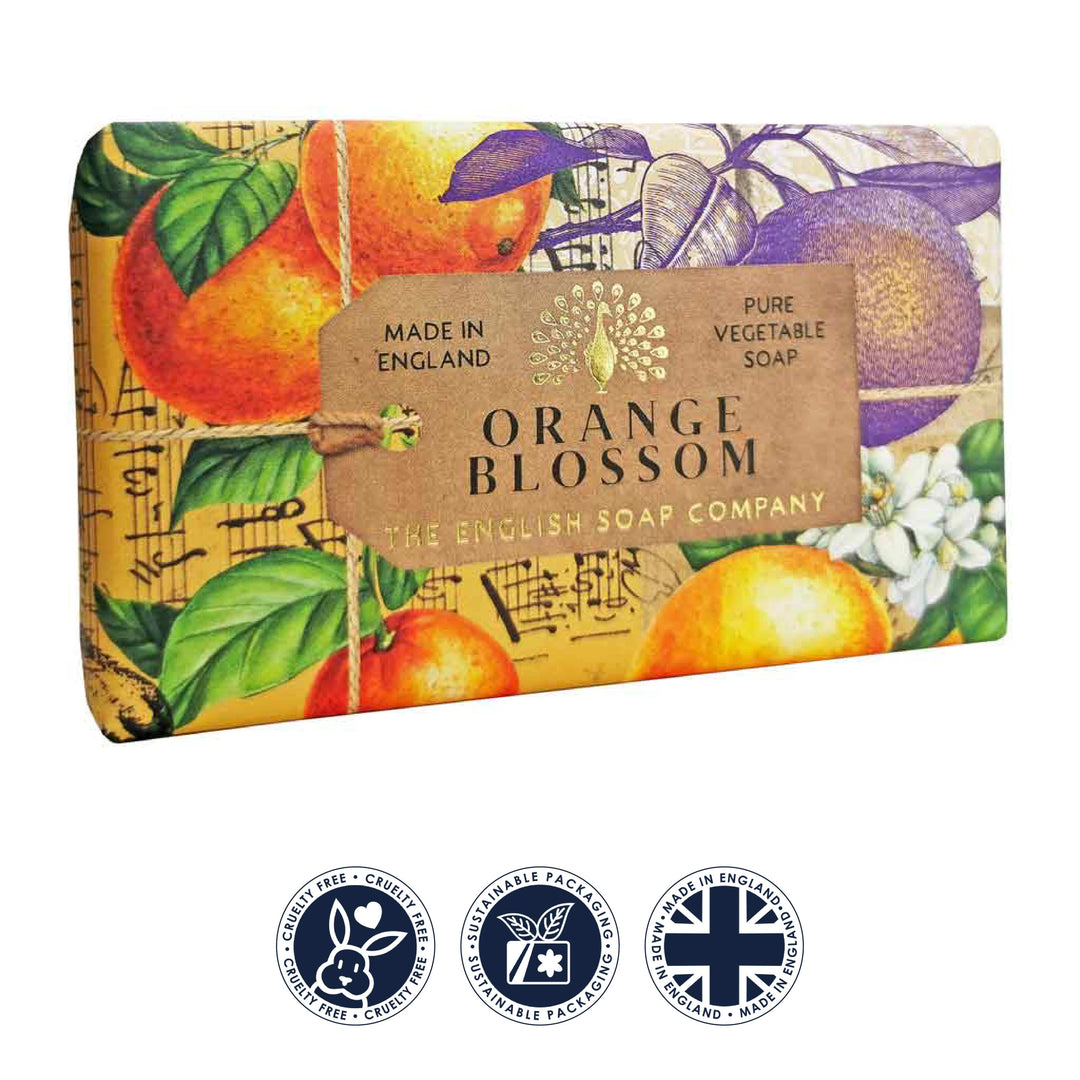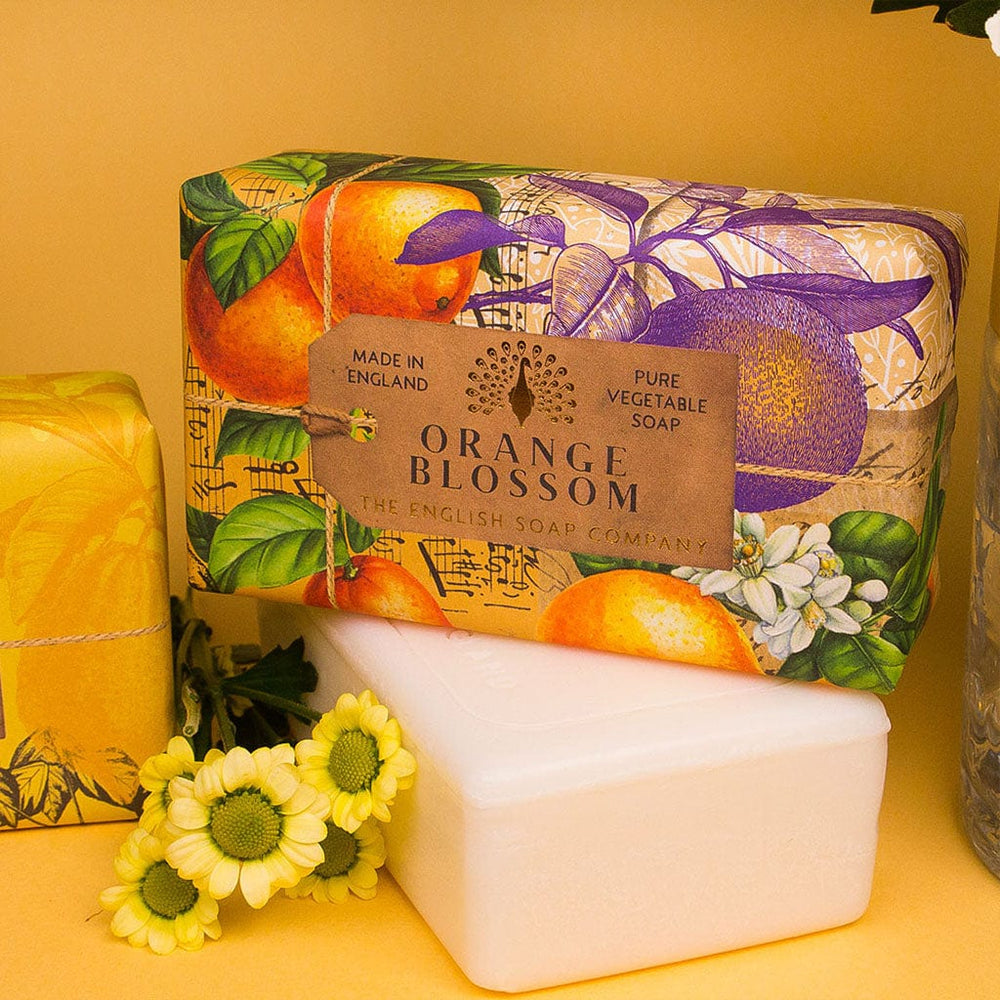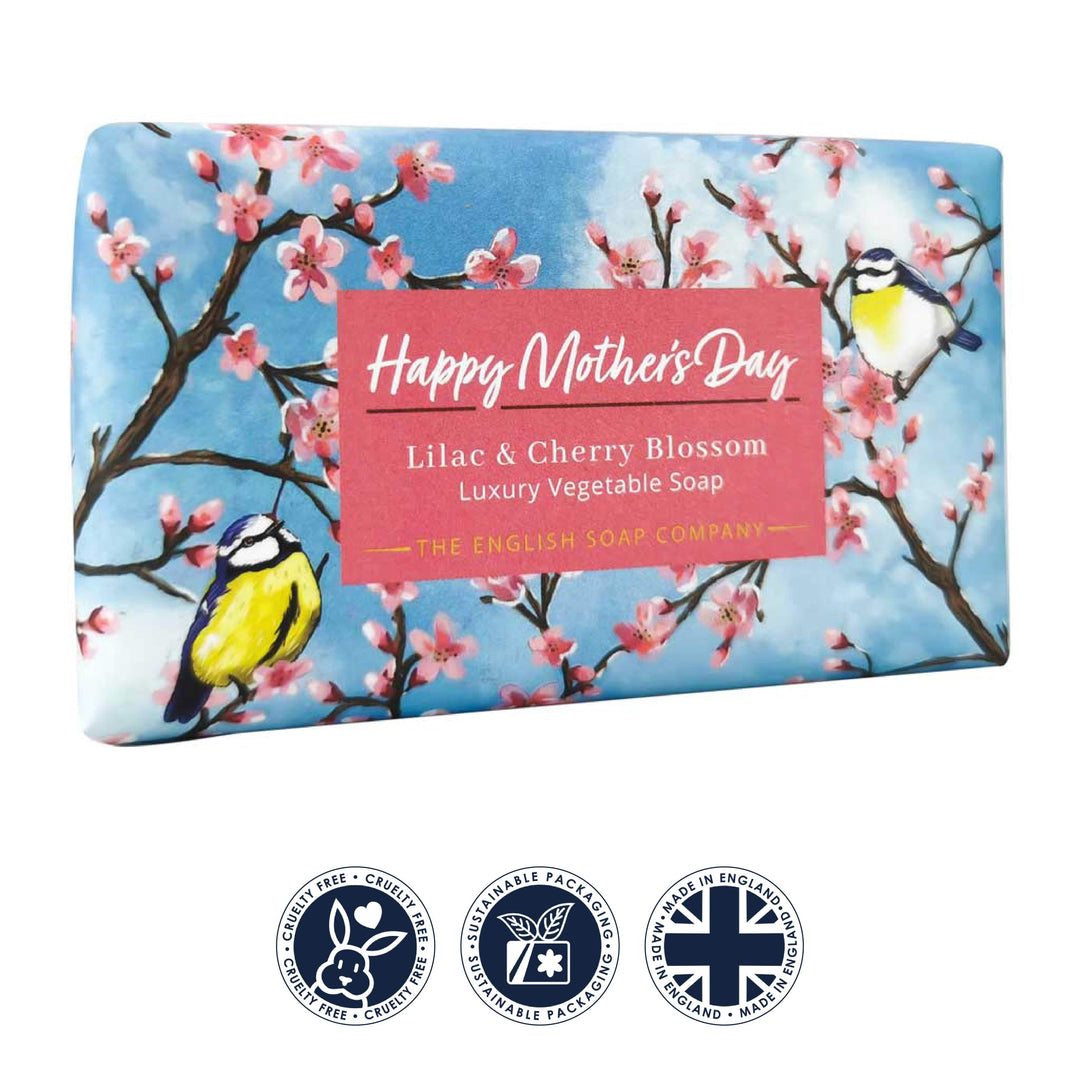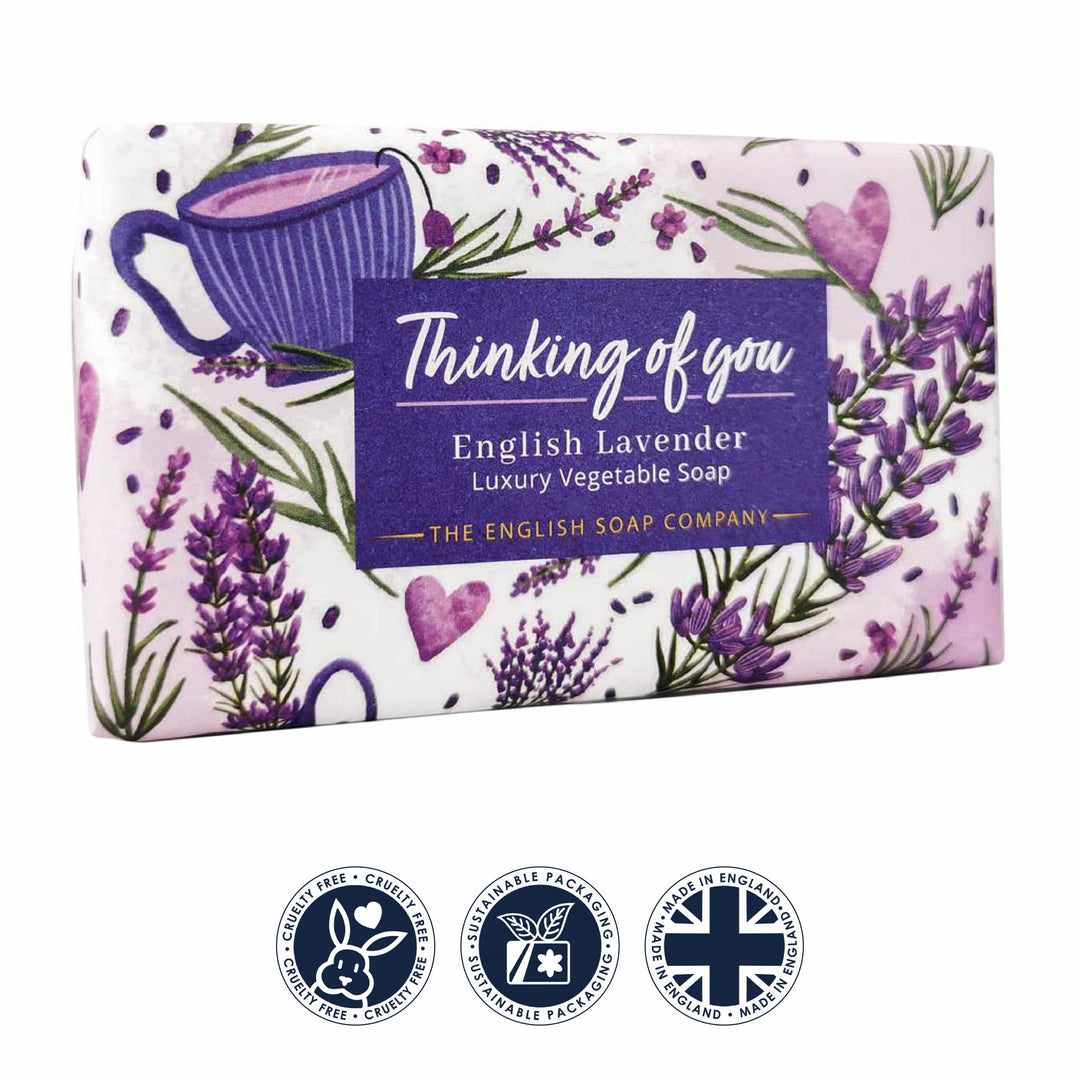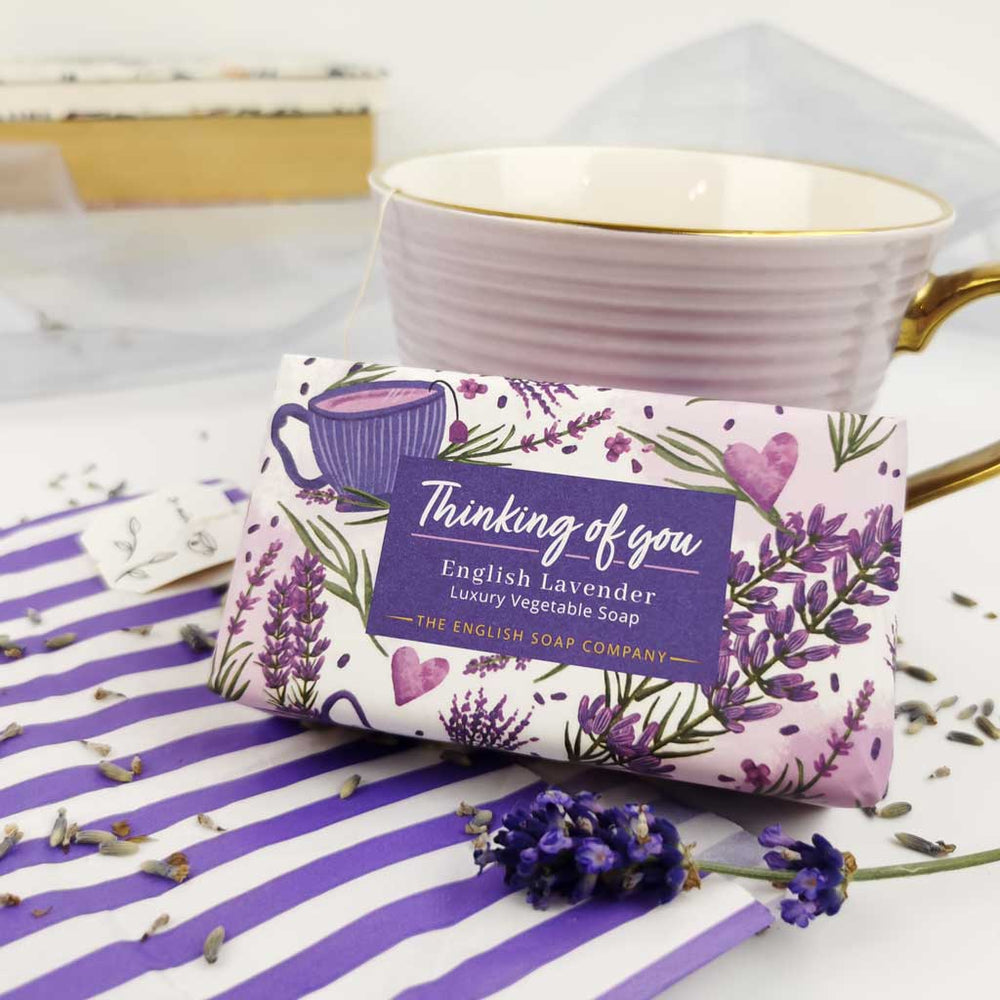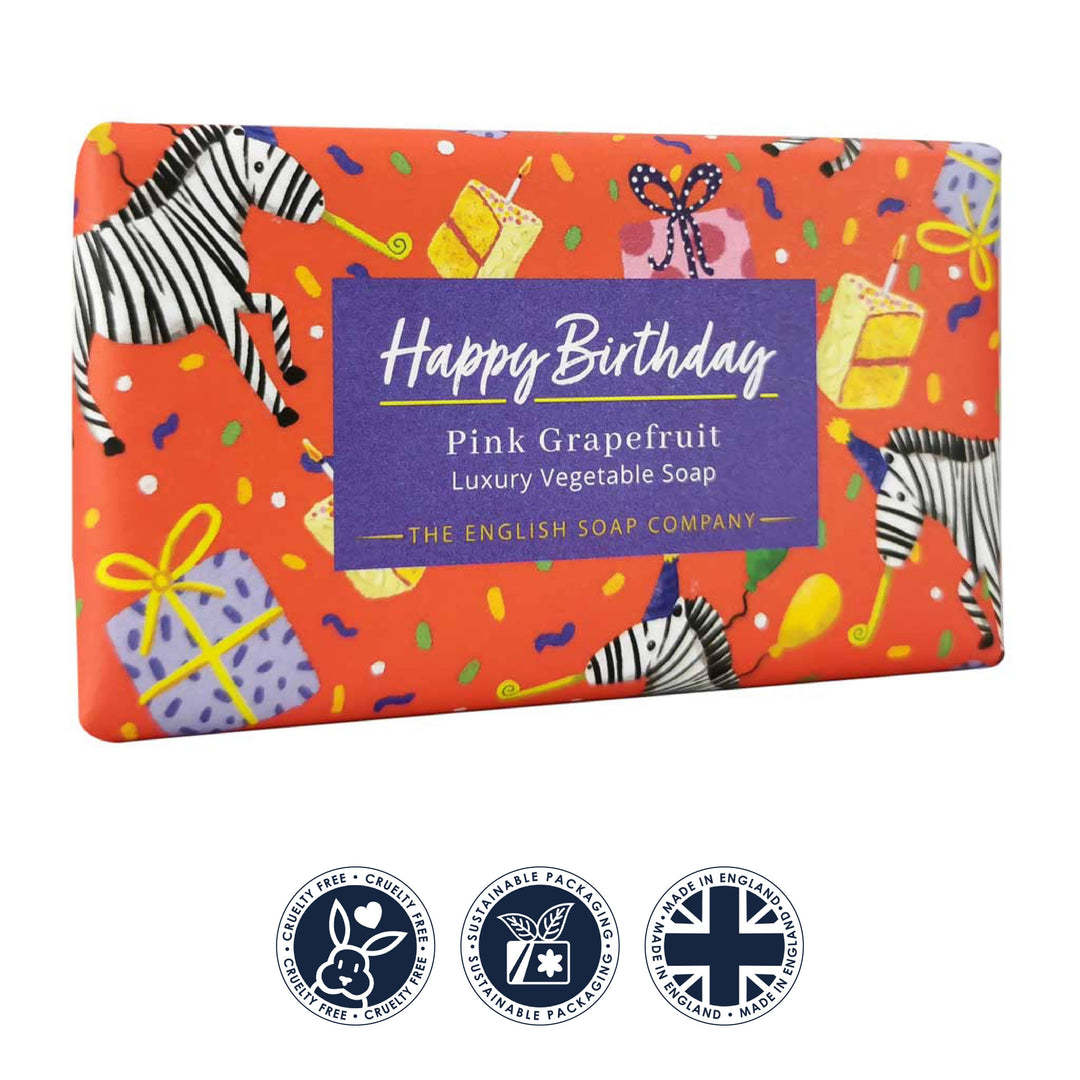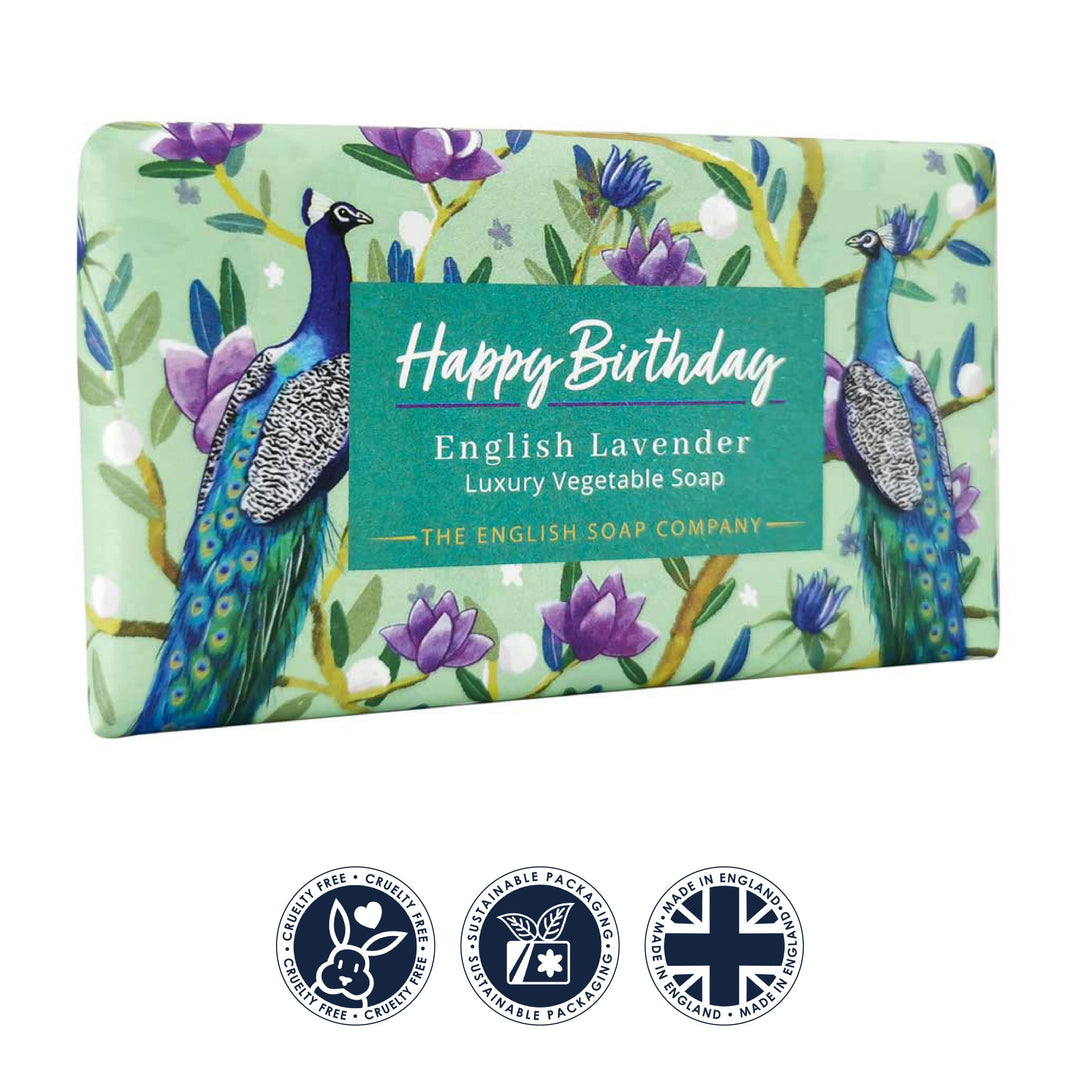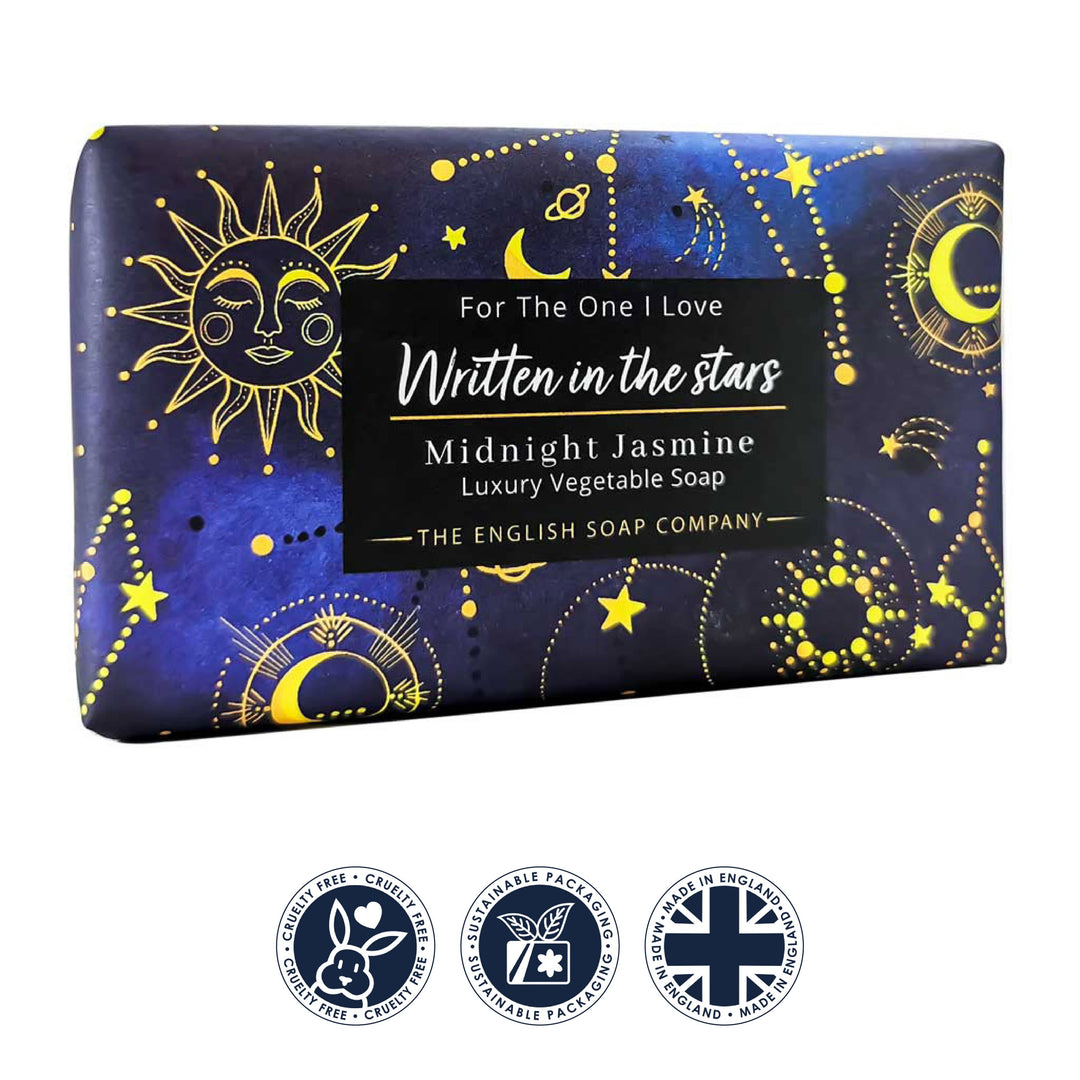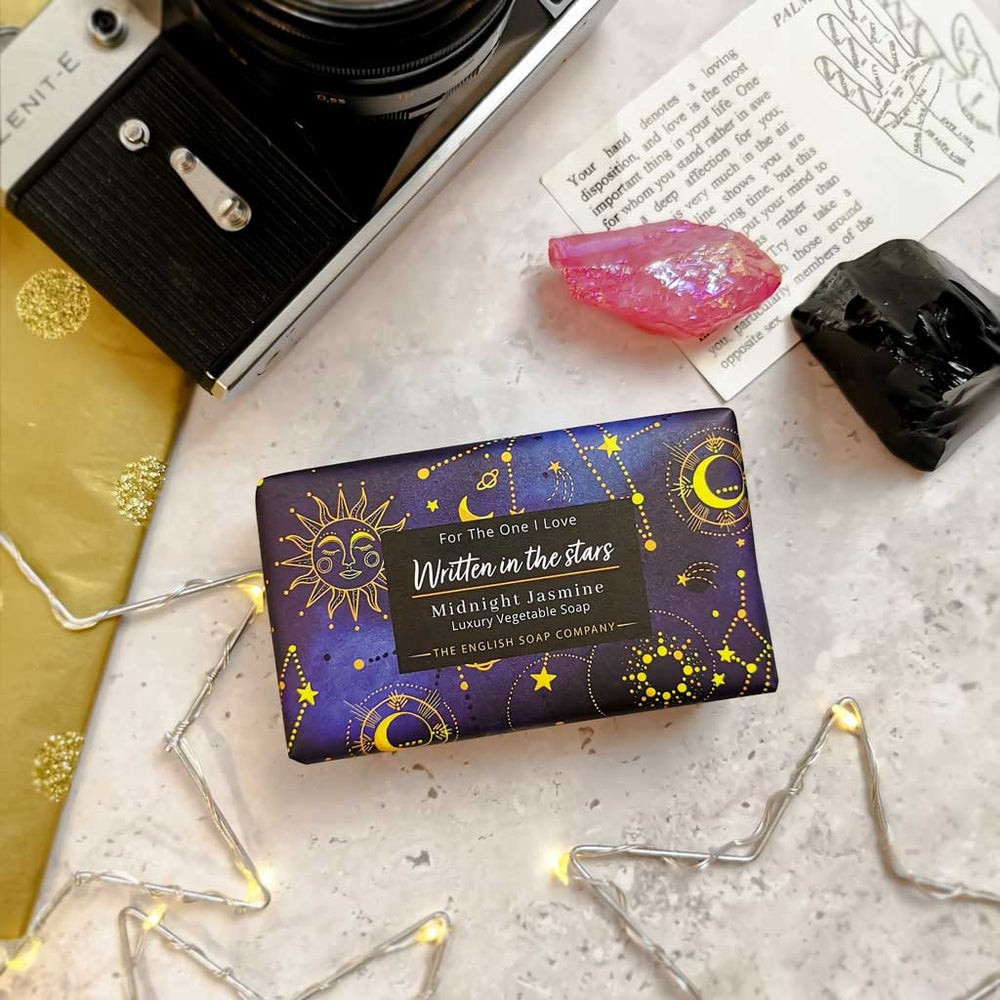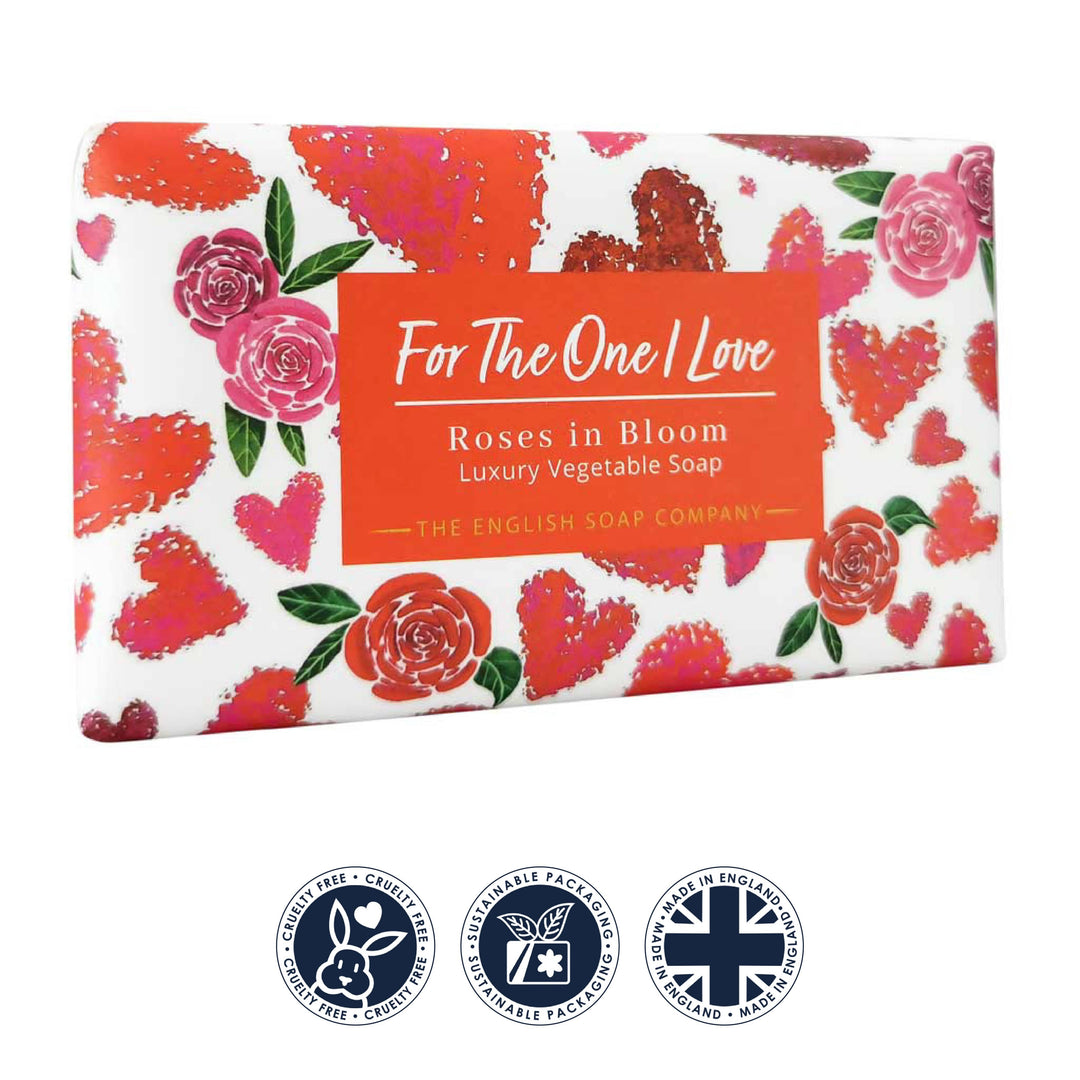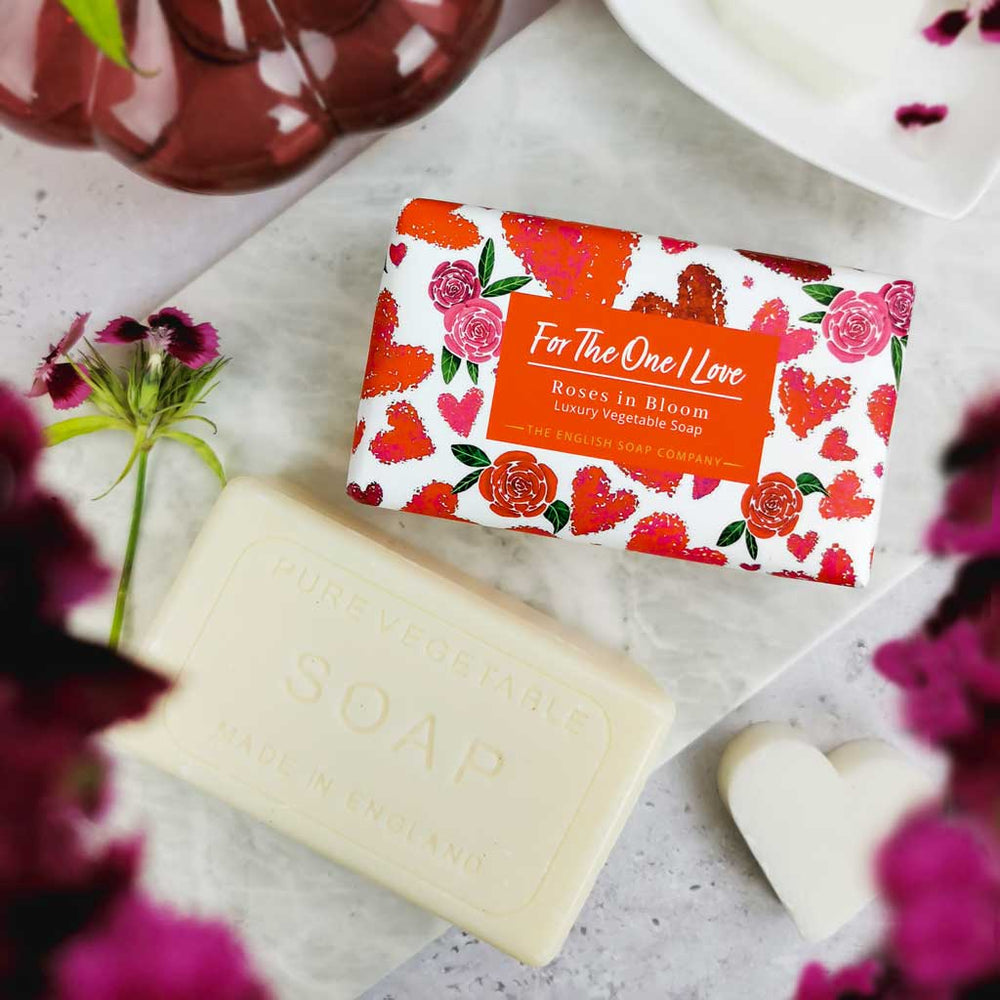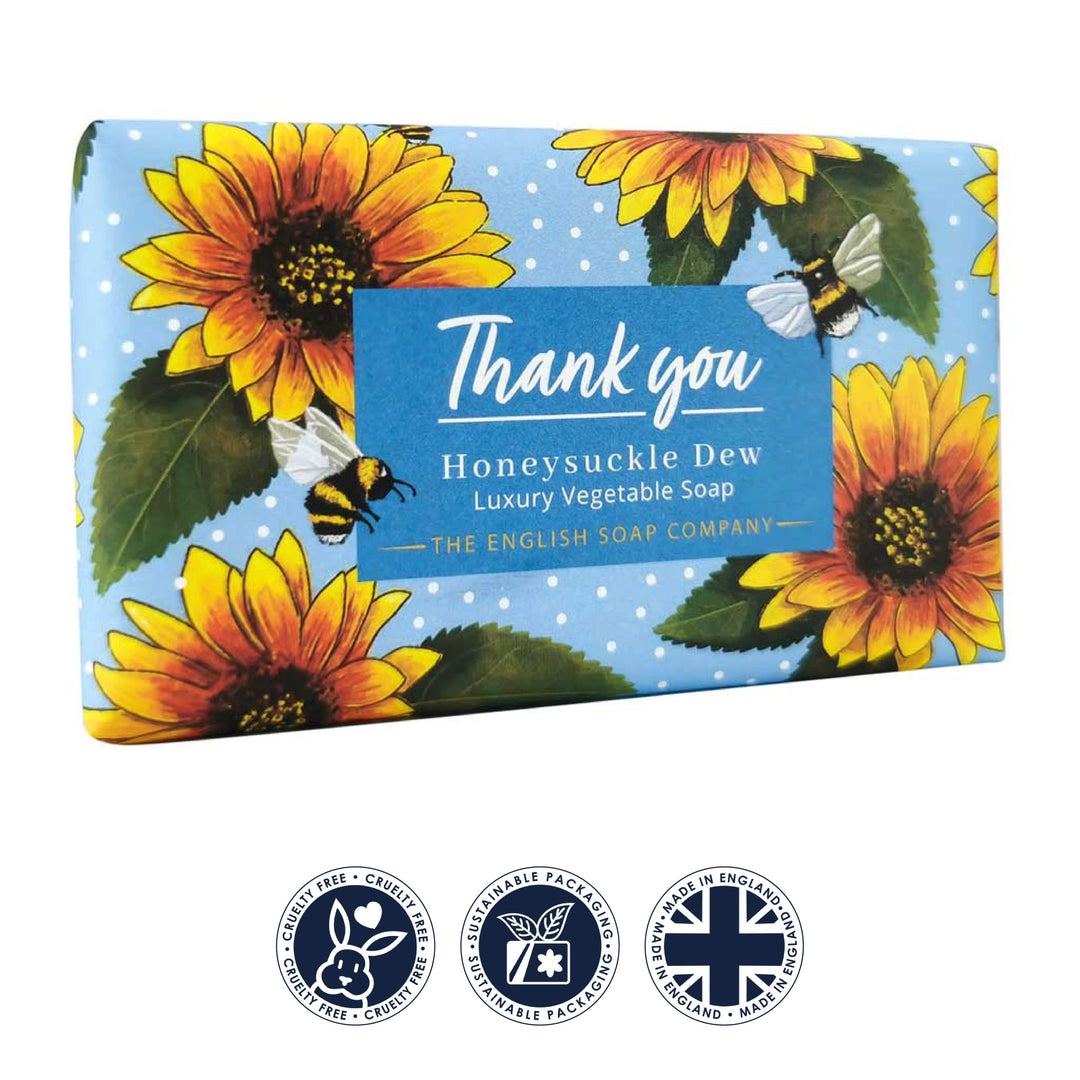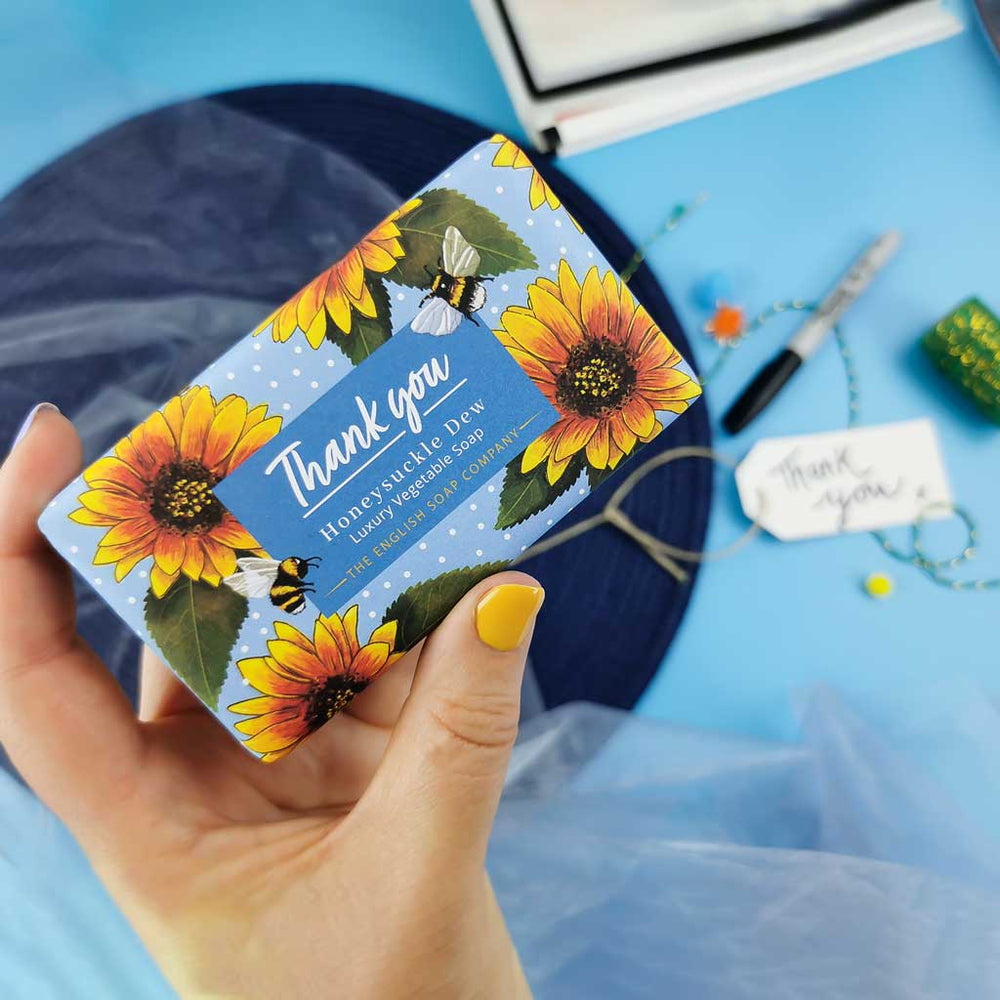Table of Contents
Have you ever stopped to wonder how a simple soap bar has the power to cleanse and purify? The science behind soap is both fascinating and essential for understanding how we keep ourselves clean on a daily basis.
From its ancient origins to its modern formulations, the story of soap is one that delves into chemistry, biology, and even a touch of history.
In this article, we will unravel the mysteries of how soap works, exploring the intricate interactions at play when we lather up and wash away the dirt and grime of our day.
What is soap?
Soap is defined as oil or fat combined with an alkali. Soaps come in many different forms including solid bars, liquid soaps, and even specialised formulations like antibacterial or exfoliating blends. The oil is derived from a plant or animal, and the alkali is typically sodium hydroxide or potassium hydroxide, which are commonly known as lye.
When these ingredients are combined through a process called saponification, they undergo a chemical reaction that results in the formation of soap. This reaction breaks down the oil or fat into fatty acids and glycerin, creating a cleansing agent that can effectively remove dirt and oils from surfaces.
In addition to its cleaning properties, certain soaps may also contain additives such as fragrances or moisturisers to provide additional benefits for skin care.

The history of soap
Soap has a history that dates back to ancient civilizations. Records show that the Babylonians were known to have created soap as early as 2800 BC, using a mixture of water, alkali, and cassia oil. Similarly, the Egyptians made soap by combining animal and vegetable oils with alkaline salts. The Greeks and Romans also contributed to the development of soap, using it not only for hygiene but also in medicinal practices.
The evolution of soap continued during the Middle Ages when it was produced in large quantities in the Islamic world. Soap-making then spread across Europe, with the craft becoming more sophisticated over time.
By the 19th century, significant advancements were made in soap production with the introduction of industrial processes and modern formulations. This rich historical background illustrates how soap has been an integral part of human civilization for millennia, serving both practical and cultural purposes throughout its journey from ancient handmade bars to today's diverse range of cleansing products.

Today, modern soaps come in many different forms including solid bars, liquid soaps, and even specialised formulations like antibacterial or exfoliating blends. Understanding what soap is at a fundamental level helps us appreciate its vital role in maintaining hygiene and promoting overall health.
How does soap work?
Soap is capable of eliminating grease as well as sanitising due to its detergent properties. But how does soap work and what is the science behind it?
Soap is an extremely effective hand and body cleanser. It's able not only to clean, but it will also sanitise and destroy harmful bacteria and viruses.
The goal of washing is to remove the outermost layer of oils and fats that carry germs and wash them away from the surface of the skin. Oils and fats are nonpolar compounds, which means they can't be dissolved by water alone. This can only be done if we rinse something that can attach to fat molecules. Soap bonds with both oil and water.
Soap is a surfactant
Most cleansing products like soaps, are based on surfactants. A surfactant is a substance that reduces the surface tension of a liquid in which it is dissolved.
Surfactants not only reduce the surface tension of the water, but are also compatible with both water and oils, because of the unique way they are constructed (with separated hydrophobic and hydrophilic properties).

When surfactants lower the surface tension of water, they make the water molecules more slippery. This makes them less likely to stick to themselves and more likely to interact with grease and oil.
This makes them ideal for cleansing.
Because natural soap is a natural surfactant, natural soaps don't require synthetic additives to create lather or to clean. So not only does it make great lather and bubbles, but it also helps clean and remove oily dirt from your skin – naturally!

Soap surrounds fat molecules
When soapy water is mixed with oil or greasy dirt, the soap molecules sort themselves into microscopic clusters called micelles.
There are two parts to these micelles clusters, the outer surface and the inner center. The outer surface of the micelle is hydrophilic (water-loving) and readily bonds with water molecules.
The hydrophobic (oil-loving) inner part of the micelle sticks to the oil and traps this in the center. These soap molecules effectively arrange themselves to become a barrier, trapping the oil in the center.
When the soapy water is rinsed away the oil and greasy dirt is also rinsed away with it.

Soap washes everything
The main reason why soap works to both cleanse and sanitise, is that it literally washes everything off the skin.
When you wash your skin with water and soap, the soap molecules will grab onto the oil and grease molecules (fat) pulling them away from the skin into the rinse water.
Soap also works at combating surface bacteria and virus molecules. This is because soap molecules attach to the fatty molecules within a virus and tear it apart.
So, when you rinse the skin, both fat and germs are removed.

The benefits of handwashing with soap
Handwashing with soap is a simple yet powerful practice that offers numerous benefits for personal health and hygiene. Using luxury soap bars from the English Soap Company not only elevates this daily routine but also provides tangible advantages.
Firstly, handwashing with soap effectively removes dirt, oil, and bacteria from the skin, reducing the risk of infections and illnesses. Additionally, using fragrant and nourishing soap bars can elevate the experience, making it a self-care ritual that promotes mental wellbeing and relaxation.

Regular handwashing with soap contributes to community health by preventing the spread of diseases. Handwashing, whether with water alone or with soap, is widely believed to help prevent the spread of bacteria.
However, a study suggests that handwashing with soap and water is more effective than handwashing with just water alone. Handwashing with soap and water helps reduce the presence of bacteria on hands.
Therefore, investing in high-quality soap products goes beyond personal indulgence; it is an essential step towards maintaining a clean and healthy environment for everyone.
Click here for more information about the World Health Organisation’s recommended method for hand washing.
Washing with hot vs. cold water?
Have you ever wondered why it is easier to clean grease and dirt using hot water rather than cold water? This is because the fats and become softer or melt in hotter water, which allows them to bond more readily to the hydrophobic part of the soap molecules. In turn, this then makes it easier to rinse away.

How is soap made?
Soap bars from The English Soap Company are hand made using traditional methods, resulting in a dense, long-lasting bar.
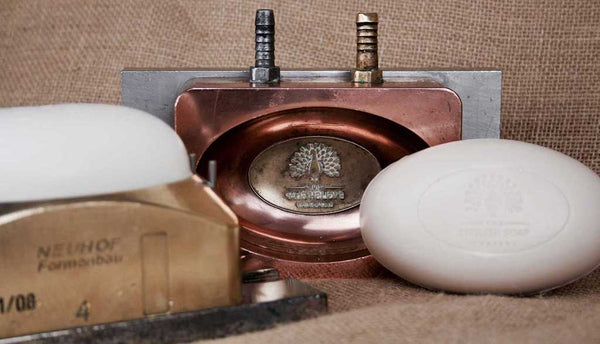
The repeated milling also ensures that the fragrance, colour, and nourishing oils are evenly distributed throughout the soap, providing a consistent lather and aroma with each use.
What sets these soaps apart from other mass-produced options is not only their exceptional quality but also their longevity. Unlike other soap-making methods, our method produces a soap that is durable and resistant to dissolving quickly in water.
Additionally, due to our thorough mixing and refining process, each soap has a smoother texture that feels indulgent on the skin.
Choosing Australia's best hand soap bars
Choosing the best hand soap bars and liquid soaps in Australia can be a delightful adventure, and there's no shortage of luxurious options to explore.
Whether you're drawn to the irresistible scent of fresh botanicals or the creamy lather of shea butter-infused soaps, the range of soap products hand made by The English Soap Company are vegan friendly, cruelty-free and made with sustainable ingredients.

Shop Now! - Shop the collection luxury soaps and skin care products from The English Soap Company now.


